
Get started on a delicious and fulfilling adventure as we delve into the art of growing organic vegetables from seeds and nurturing the sweet bounty of fruits in your backyard. Imagine plucking juicy tomatoes, crisp lettuce and succulent berries straight from your garden, knowing they're bursting with natural goodness.
This guide will break down the guidelines for growing organic vegetable seeds and fruits into simple steps suitable for even the most beginner gardener.
But let's first start with what organic gardening is.
What is Organic Gardening?
Organic gardening is about plant health management and disease prevention without the use of synthetic chemicals such as pesticides, fungicides, or artificial fertilisers.
What is the difference between an organic and regular seed?
Organic seeds are produced from parent plants grown organically without the use of synthetic chemicals. Certified organic seeds take this one step further as the seed producer must meet strict criteria to be granted certified organic status, consumers can be guaranteed that what they are buying is organic when the organic seed is certified by a reputable organisation such as ACO (Australian Certified Organic).
Planting organic vegetable seeds and fruits
Here are the steps you should follow to sow seeds that will bear the most amazing organic veggies and fruits:
- Choose seeds from a reputable source - Start with high-quality seeds. Look for varieties that are well-suited to your climate and growing conditions. If you wish to grow organic in the strictest sense then choose certified organic seeds from a reputable seed supplier. You can however grow any seeds organically by not using synthetic pesticides or fungicides during the growing process. Whilst not truly organic in the strictest sense you can be comfortable in the knowledge that the crops you eat are not carrying chemical residue.
- Prepare healthy soil - Use organic and nutrient-rich soil for seed starting. A good mix may include compost, coconut coir, and perlite for aeration.
- Select the right containers - Use biodegradable pots, seed trays or recycled containers to start your seeds. This reduces transplant shock when you move them to the garden.
- Mulch around seedlings - Apply organic mulch around the base of your seedlings to retain moisture, suppress weeds and regulate soil temperature.
- Utilise natural pest control - Use natural methods to control pests. Neem oil, companion planting and introducing beneficial insects like ladybugs and hoverflies are effective ways to protect your seedlings organically.
Growing organically - tips for beginners
Remember, patience is key when growing organic vegetables from seeds, and each type of organic vegetable seed may have its own specific requirements. You should especially take note of the preferred season of your organic vegetable seeds and fruits, check the seed packet for details on growing season and care advice.
● Growing Season - There are 3 seasonal vegetable categories: Spring sown, Autumn sown, and All year round. As the names suggest, they relate to a general sowing time for best performance. Although they use seasons in their name, this does not mean that sowing on the first day of the season is advised. Most warm-season seeds require warm soil to germinate and cool-season seeds may require a Winter chill to start producing fruit so you need to sow according to the actual temperatures in your area not purely based on seasons.
● Sowing and Soil depth - The ideal sowing depth is about twice the seed diameter. So if a seed is 2mm wide then sow it 4mm deep. Very fine seeds should not be covered, but more just pressed lightly into the soil. Refer to the back of your seed pack for specific sowing depths. When growing vegetable seeds to maturity you need to ensure ample soil depth for root growth and to allow the plant to hold itself up. For most vegetable varieties a minimum depth of 30cm is required, root vegetables will require more depth, so if possible, aim for closer to 50cm.
● Soil Temperature - Soil temperature is very important for seed germination. Seeds require consistent day/night soil temperatures to germinate and thrive. Without this, you may end up with low or no germination or seedlings that die. Greenhouse covers can help maintain a more consistent temperature and once your seeds have germinated, use organic mulch to keep the soil temperature more even.
● Proper amount of light and water - For beginners, you can follow this rule of thumb for your organic garden: 4 hours of sun for herbs and greens, and 8 hours of sun for most other vegetables and fruits. Water your seeds just enough to keep the soil moist but not wet, use a fine mist or shower spray to prevent displacing seeds. Once your organic seeds have germinated, try to give them a good soak every few days rather than smaller waterings daily, this will encourage your organic plants to grow deep root systems to tolerate dry weather better. Water early morning or late evening and focus the water on the roots and avoid wetting foliage as this can burn the leaves and cause fungal issues.








































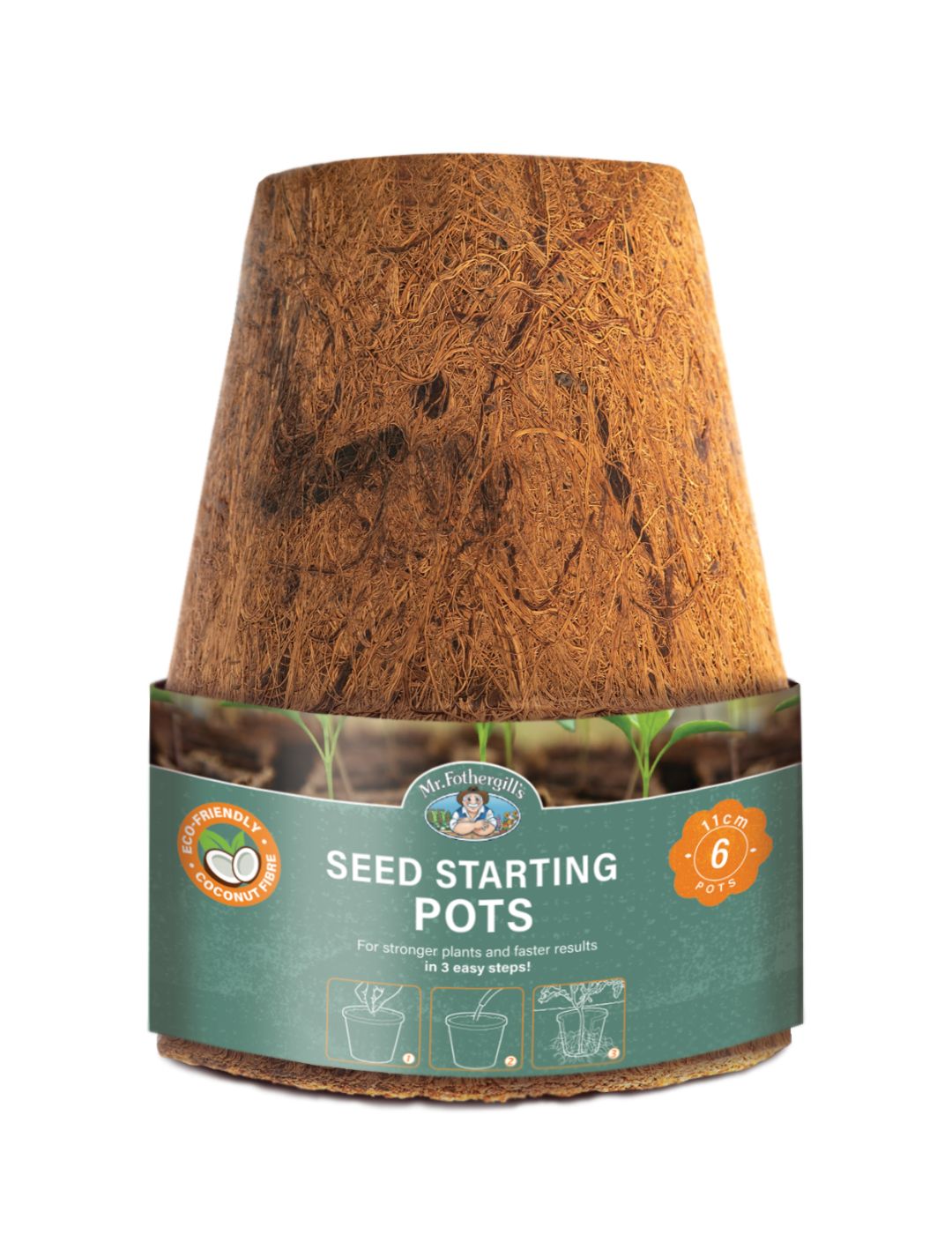
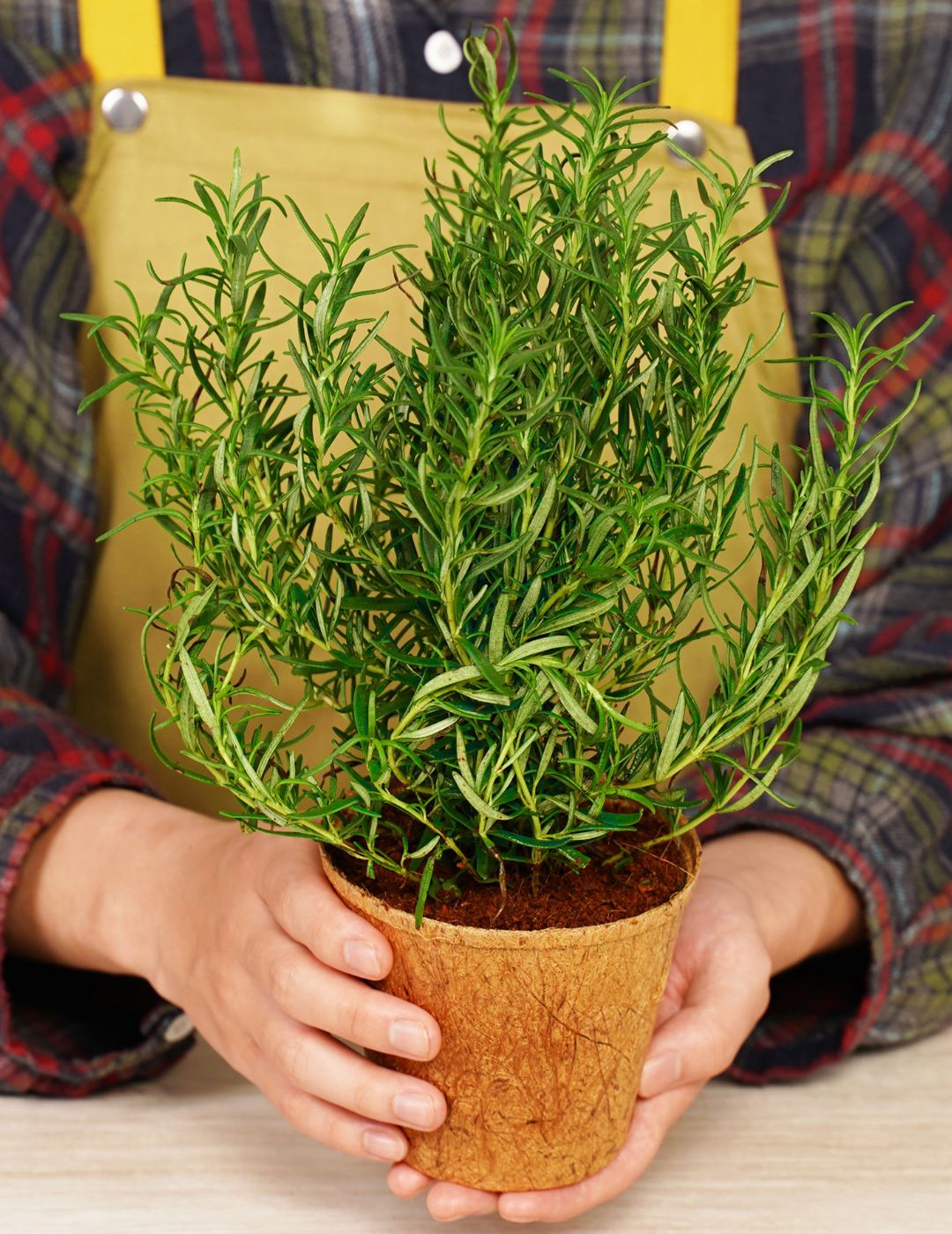
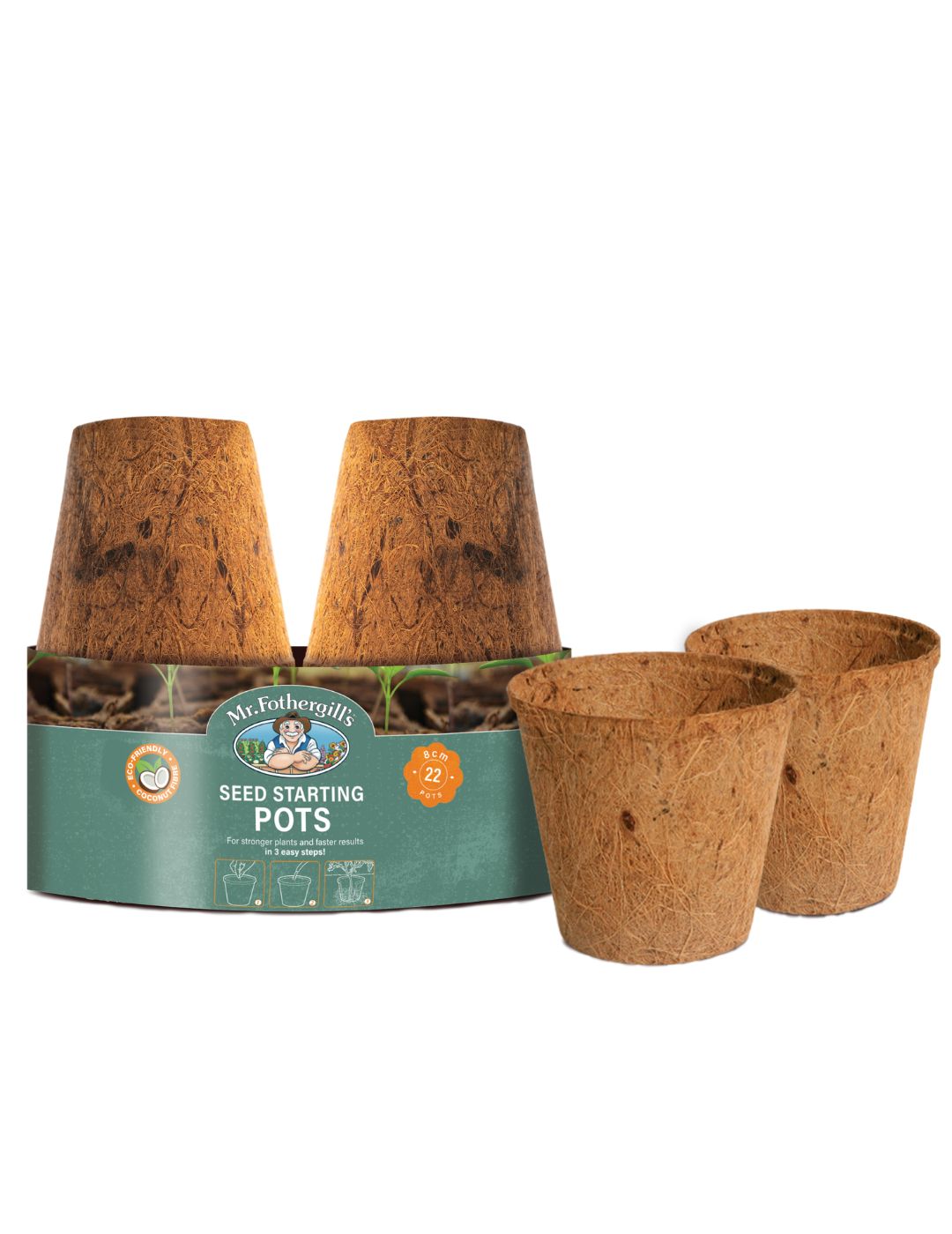
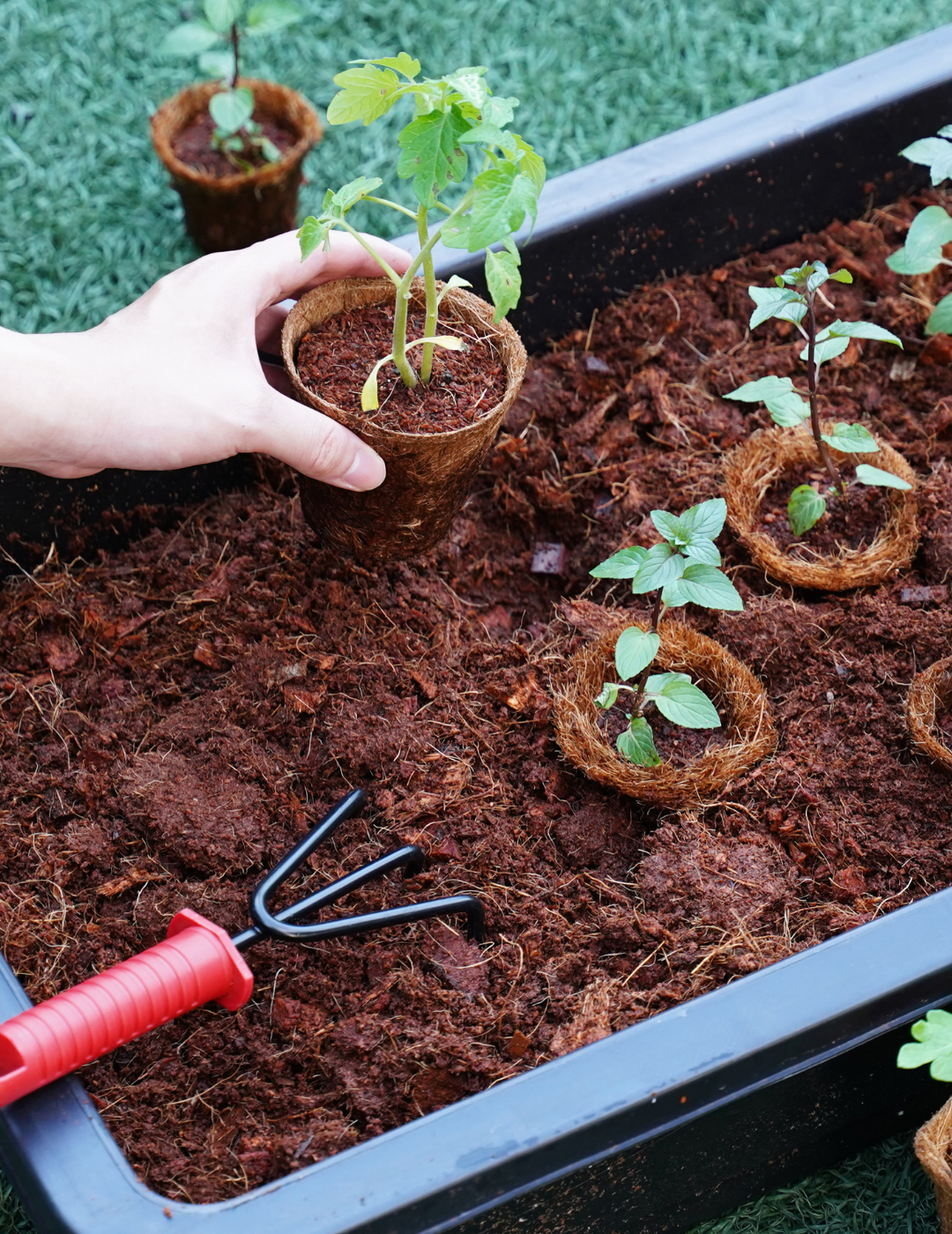
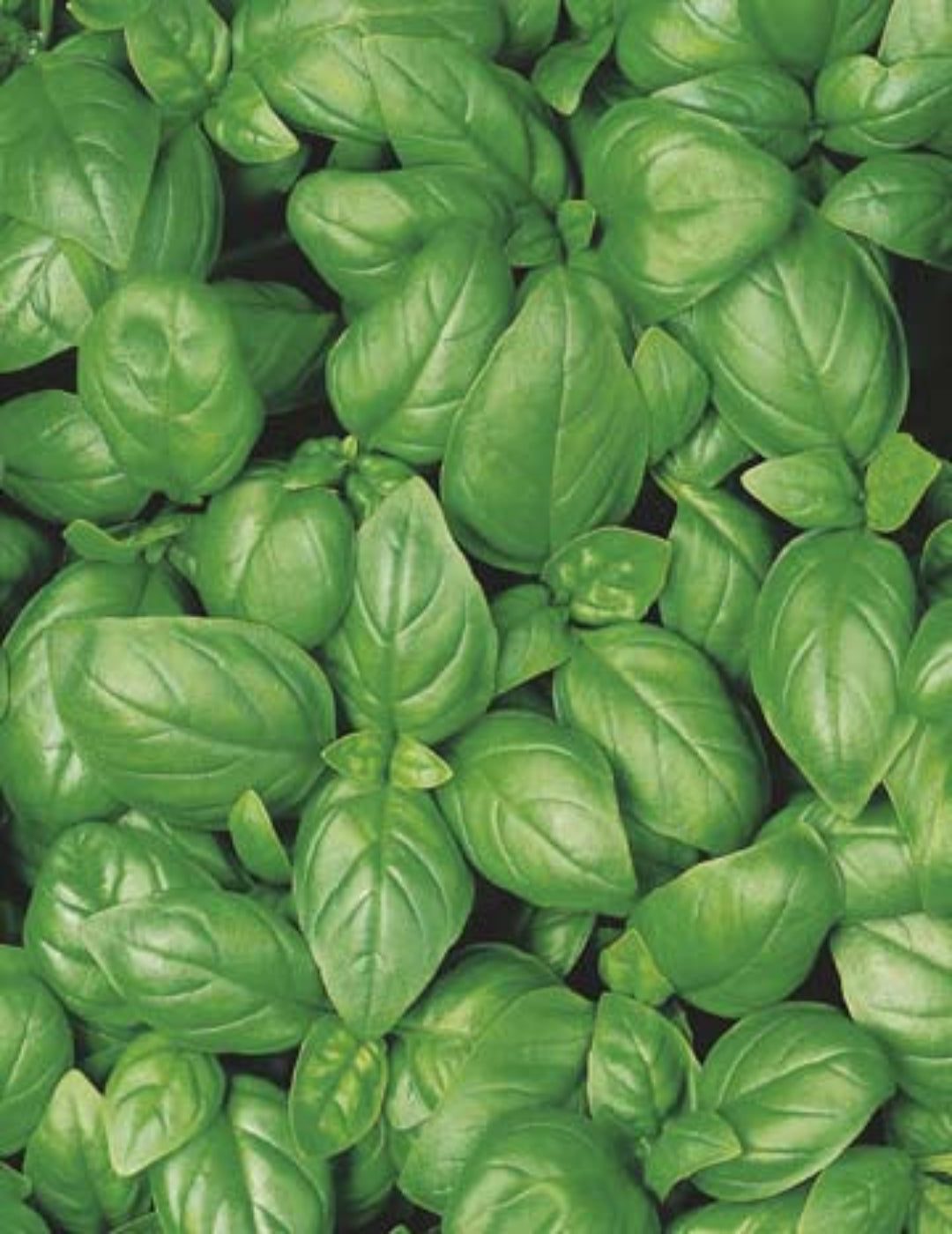
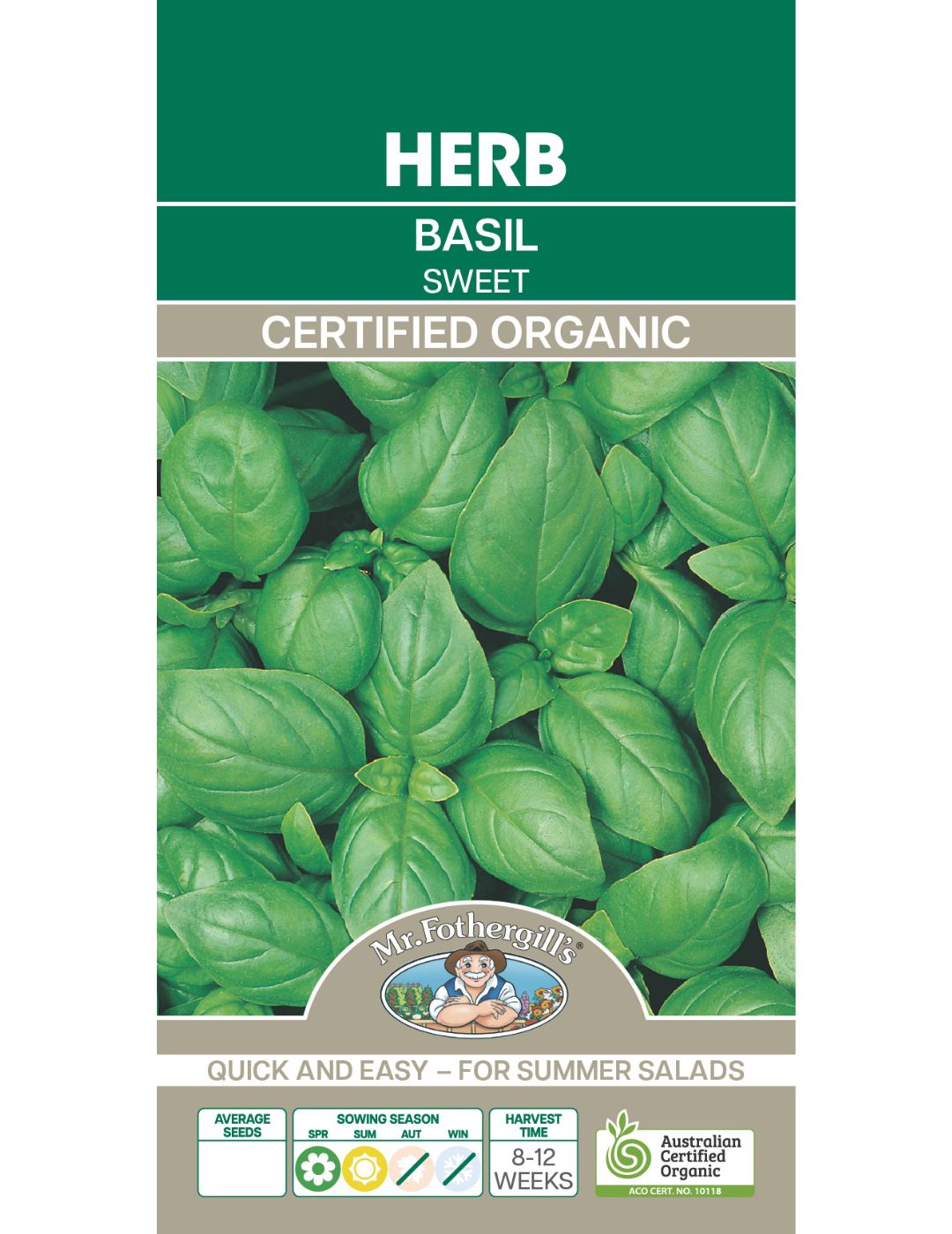
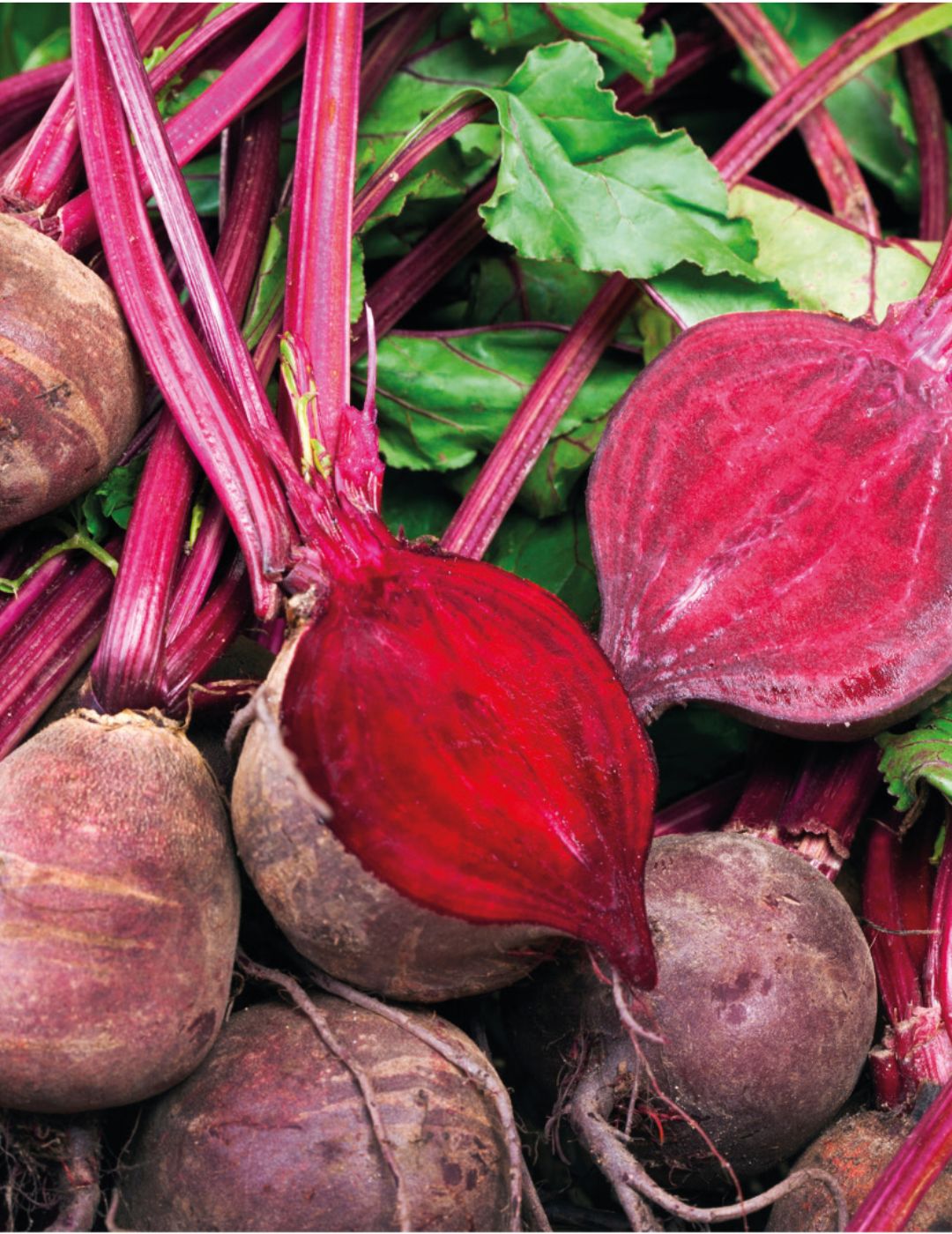
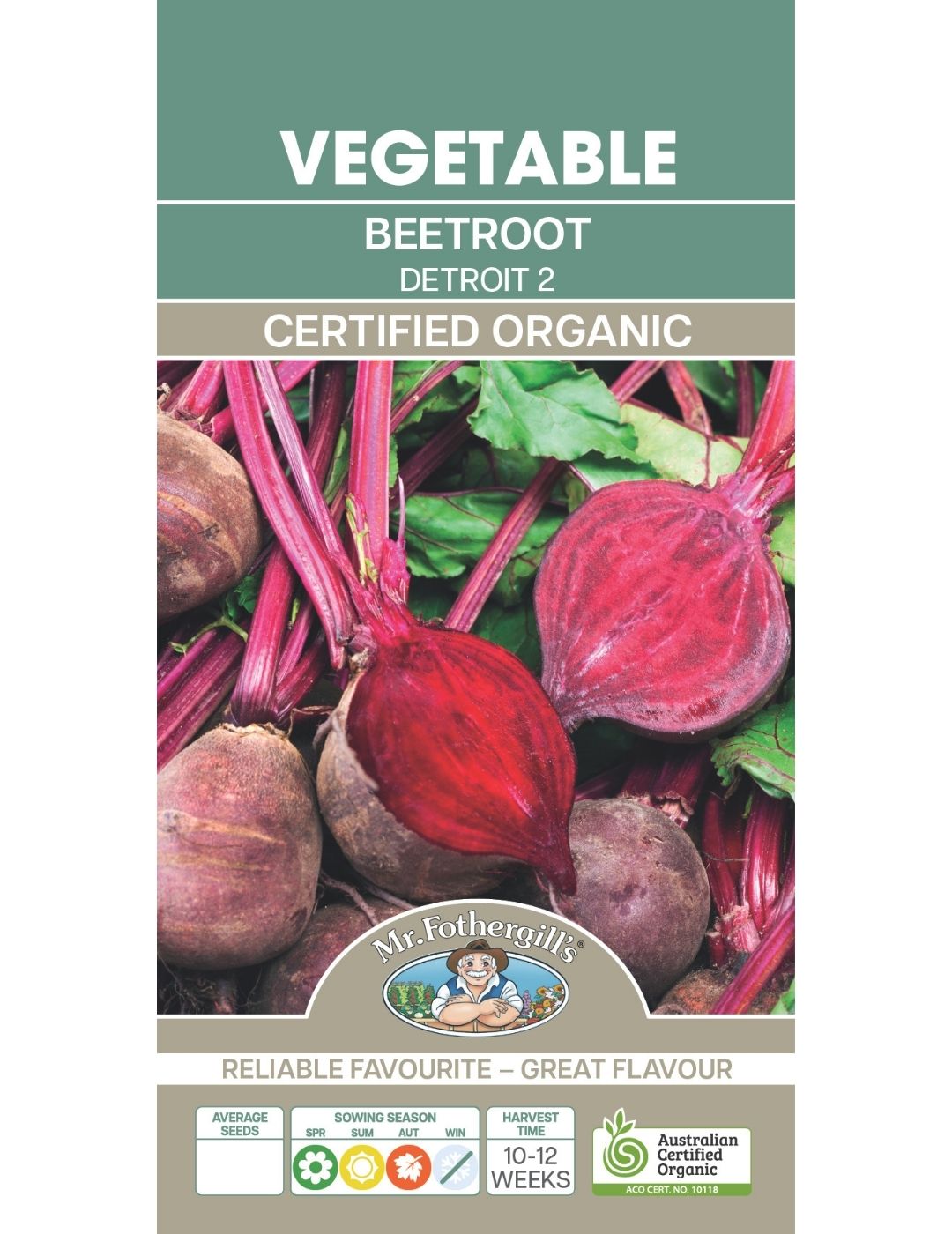
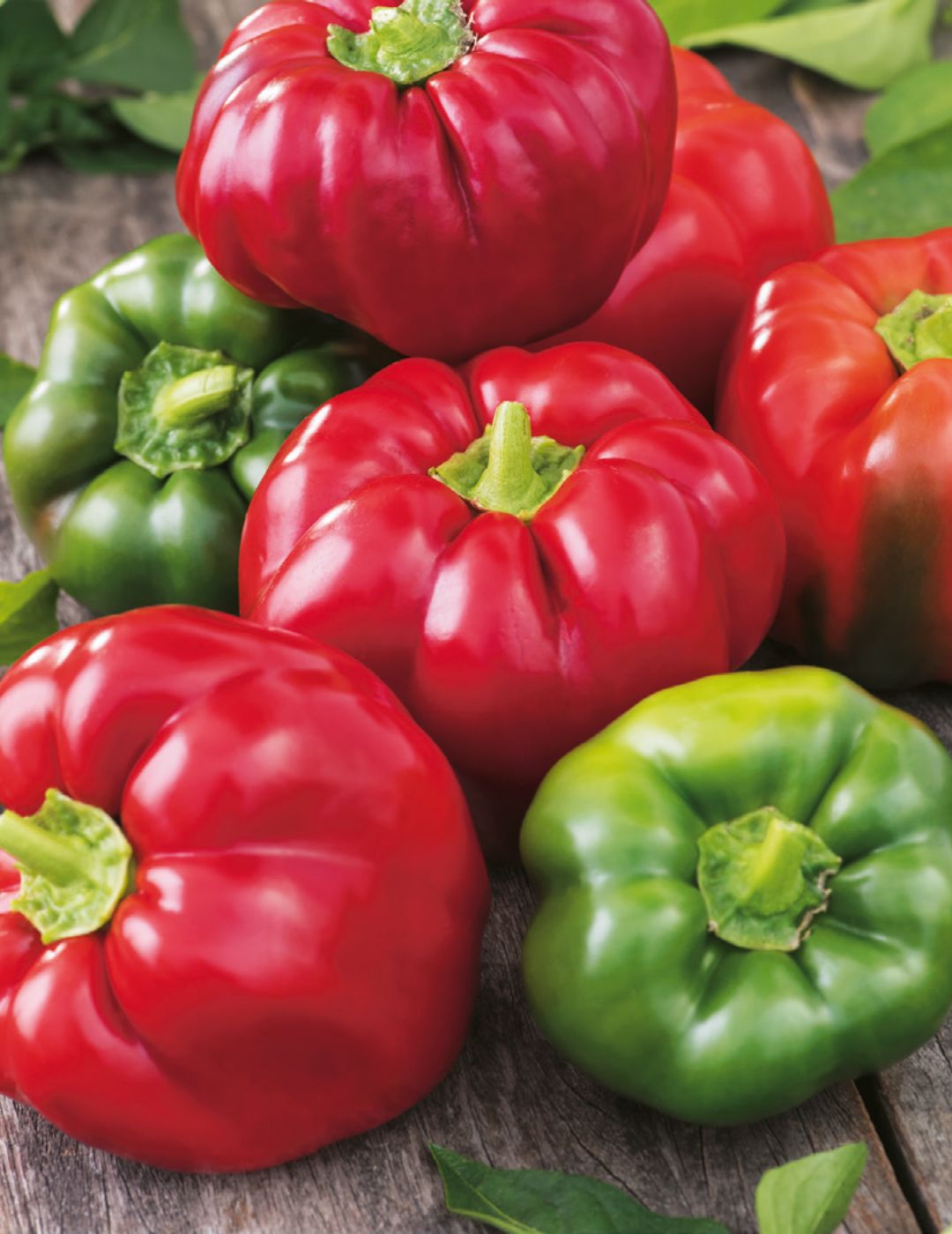
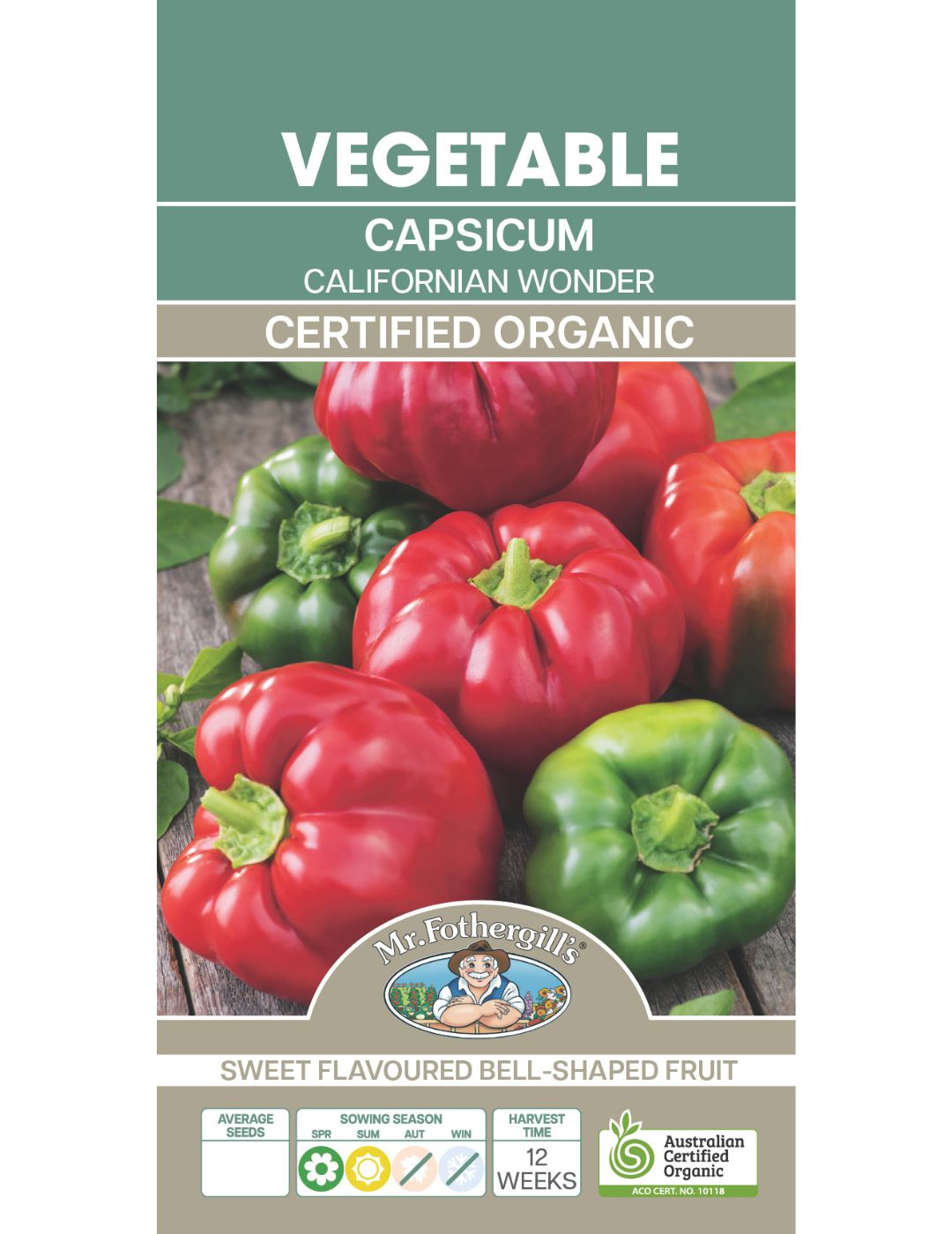
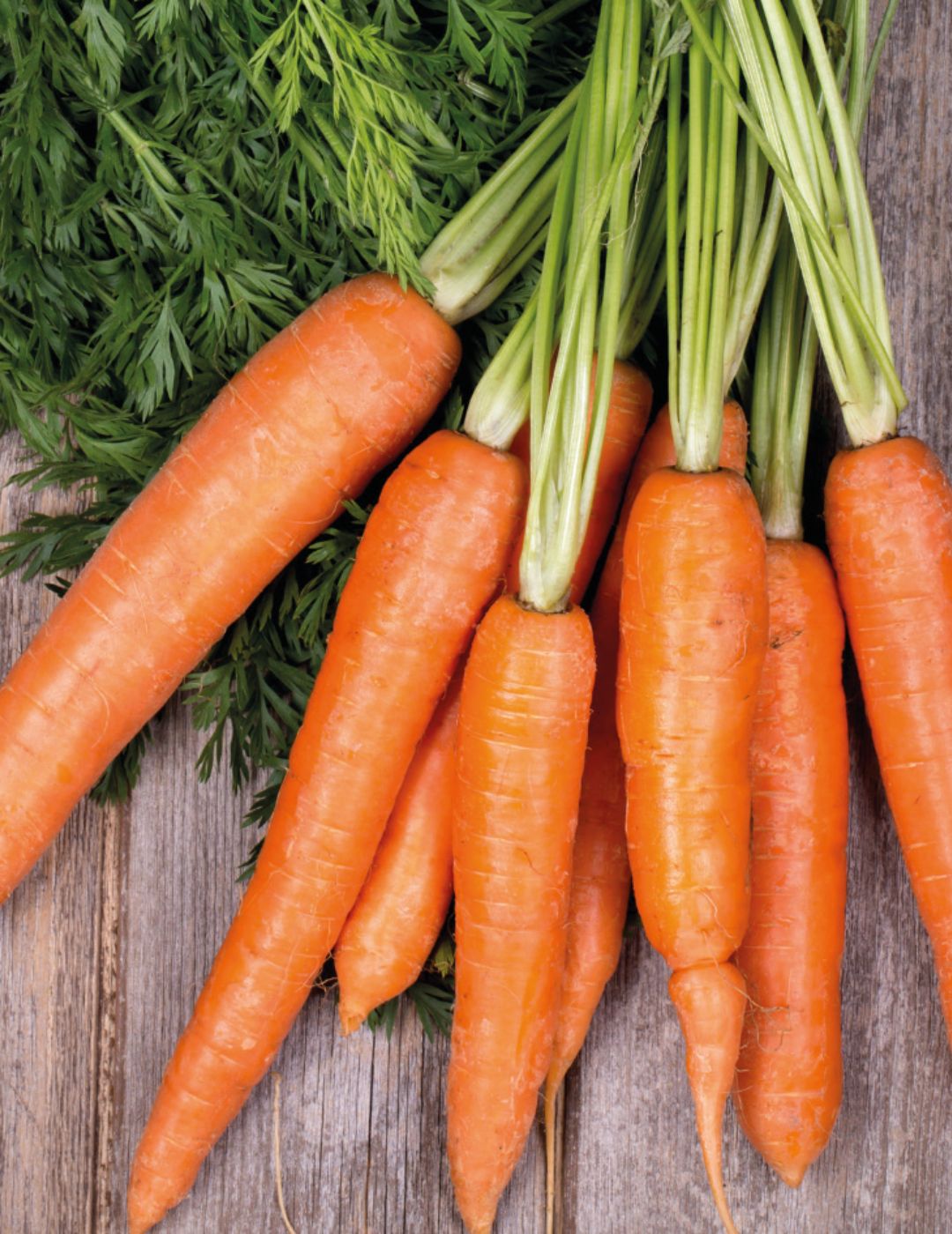
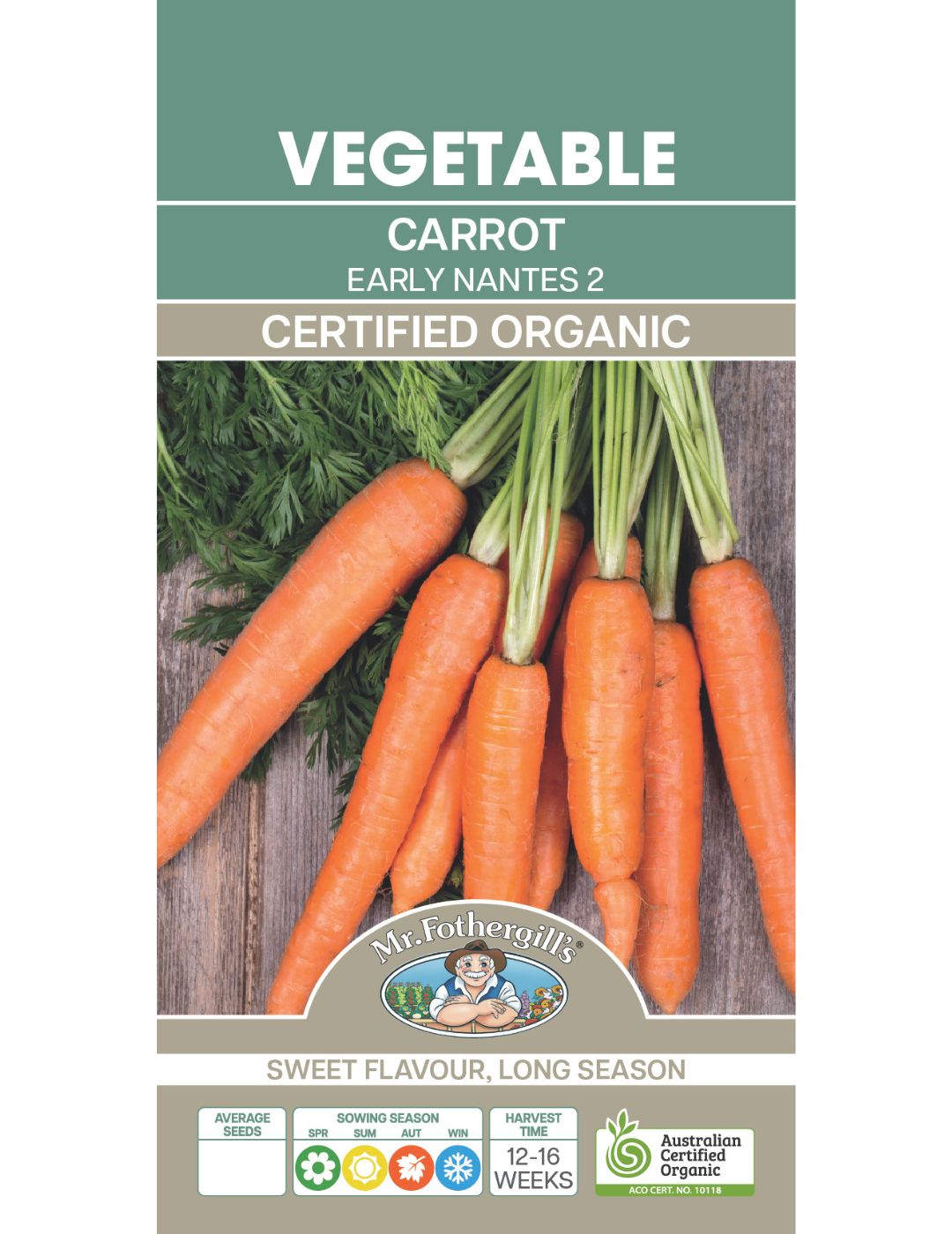
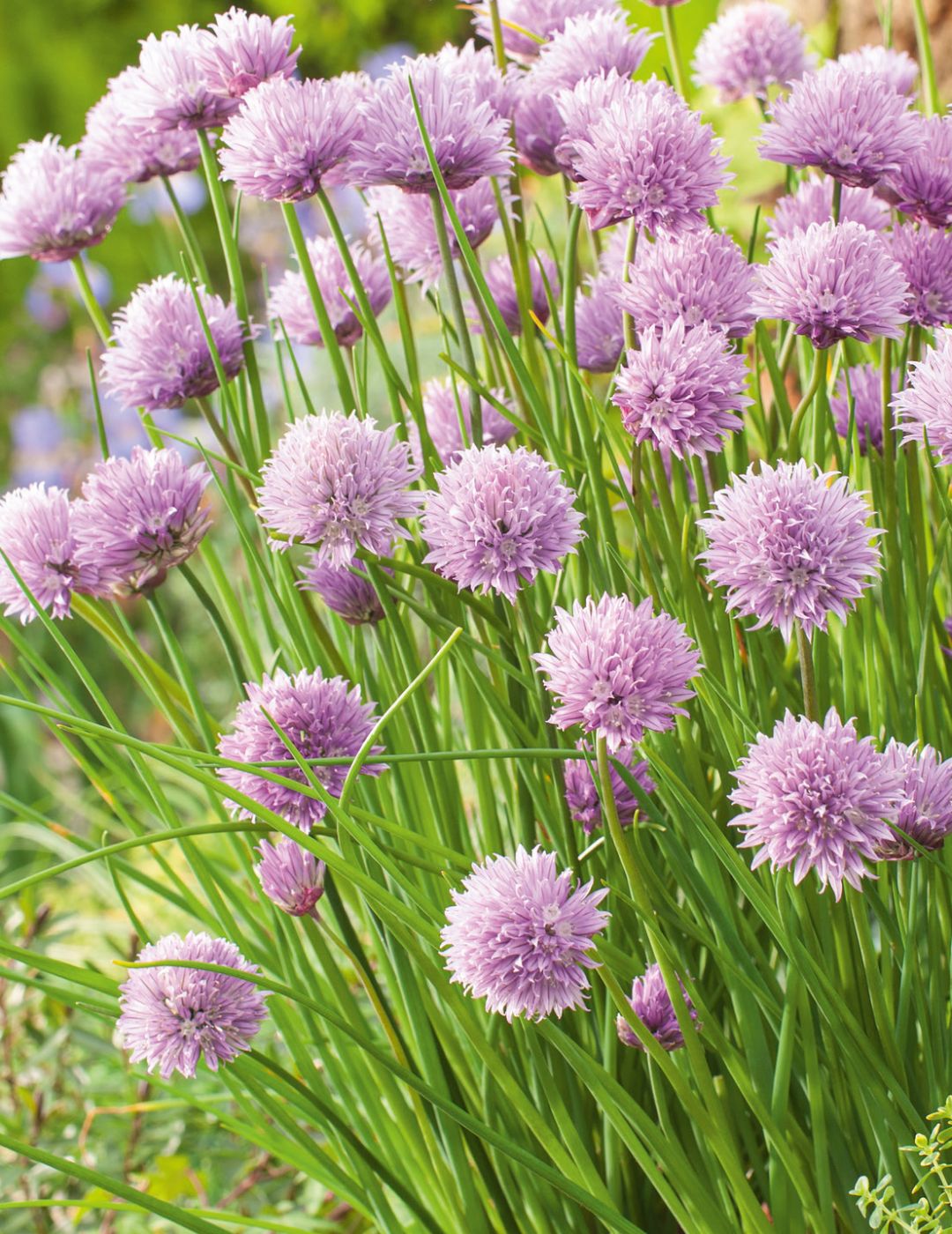
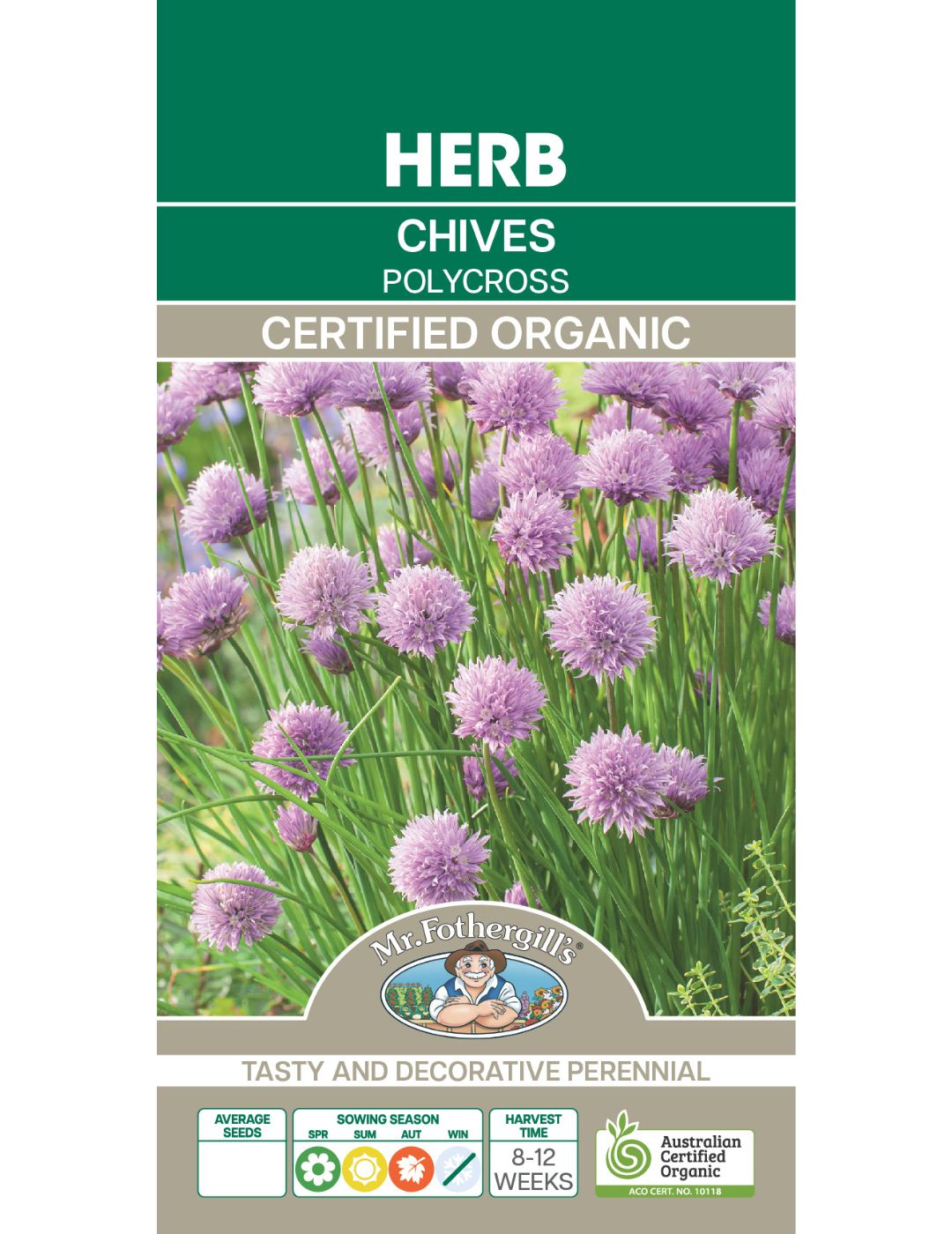
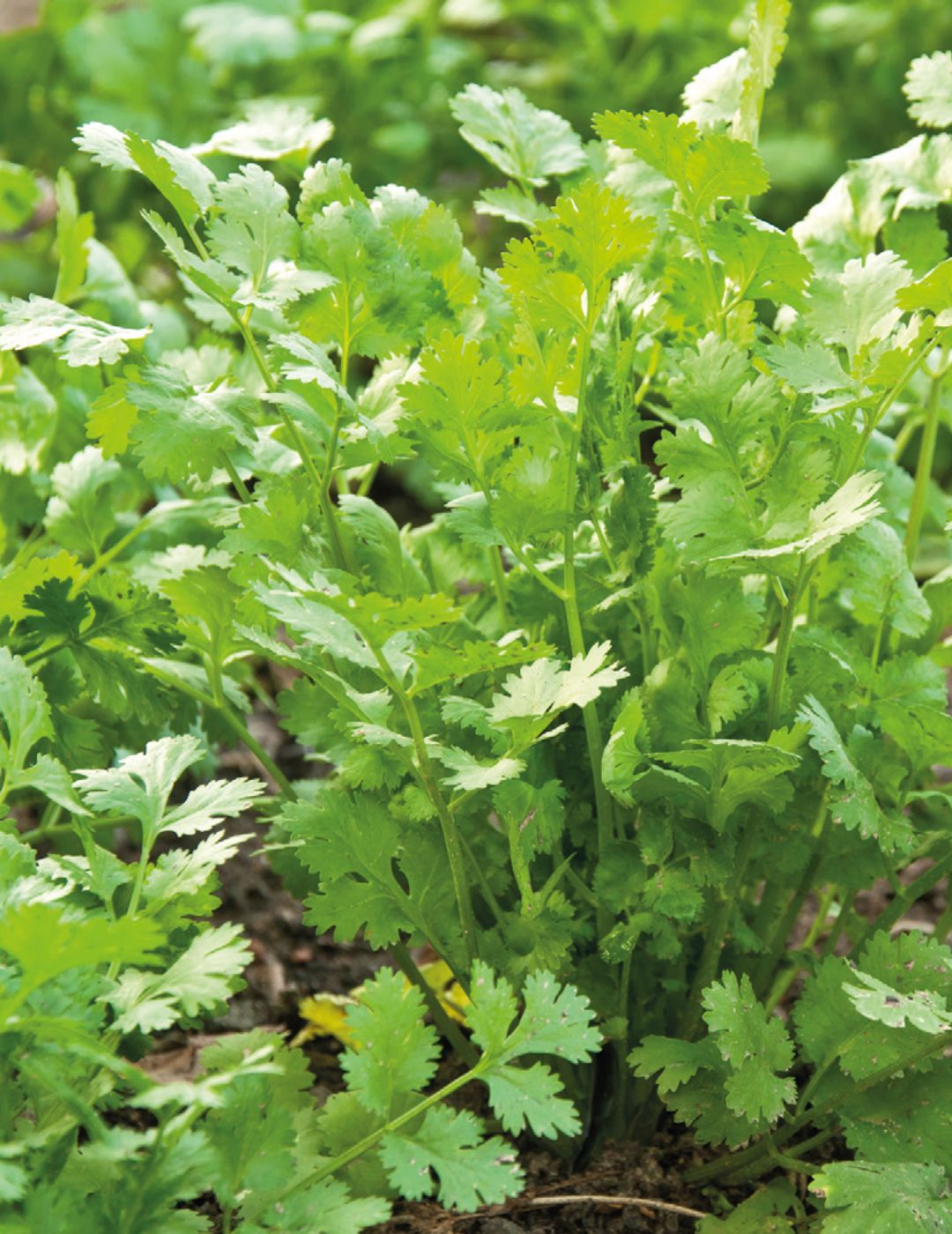
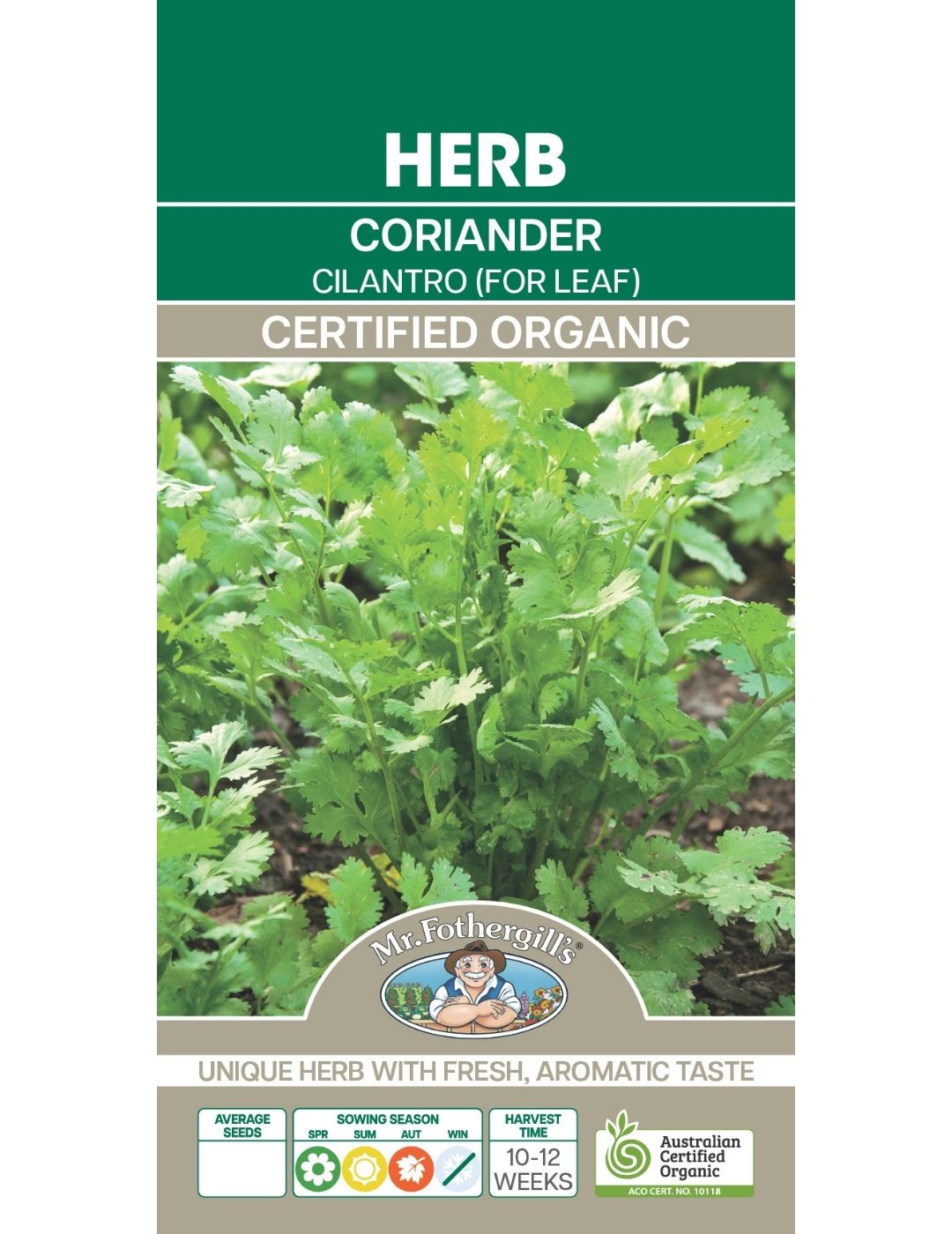
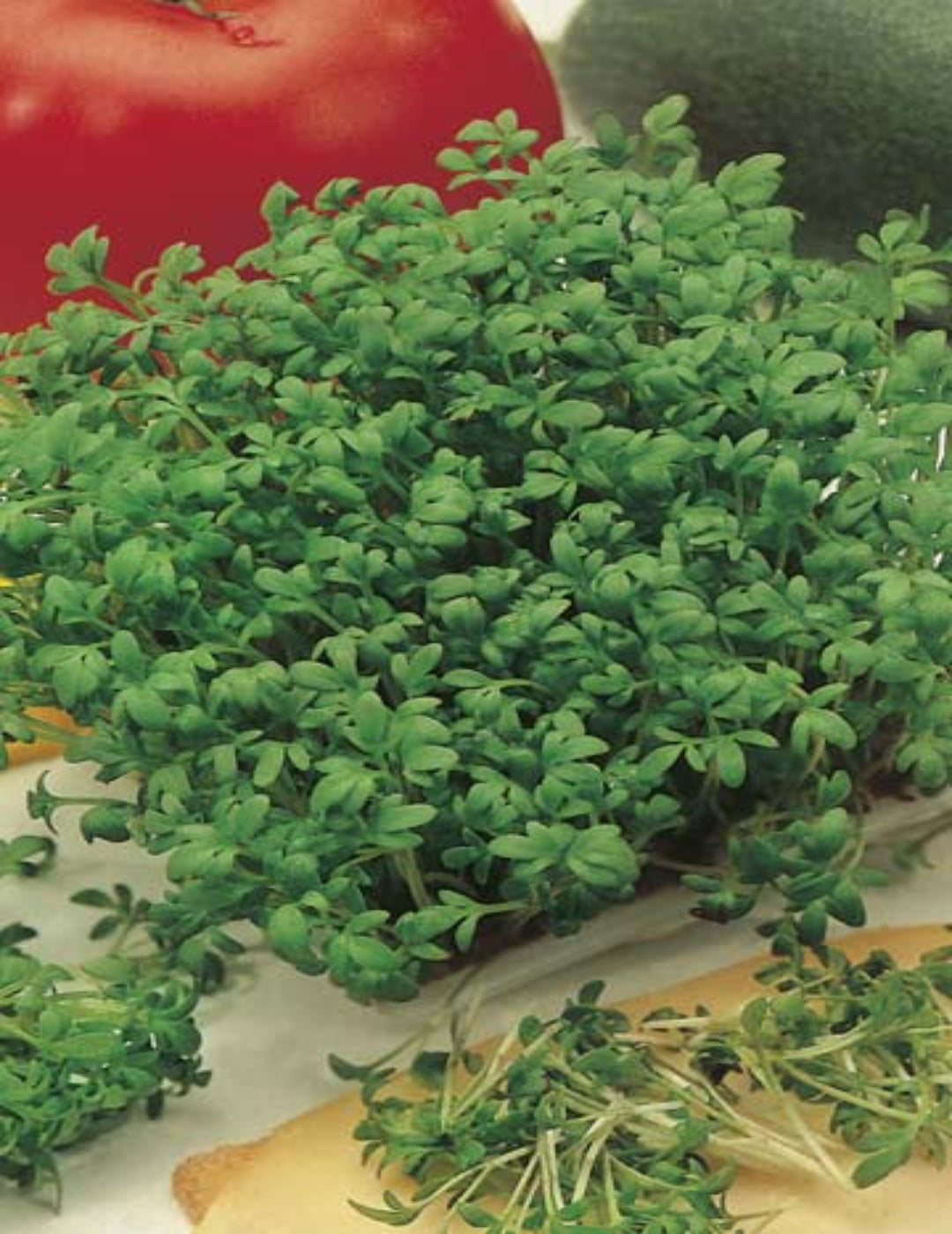
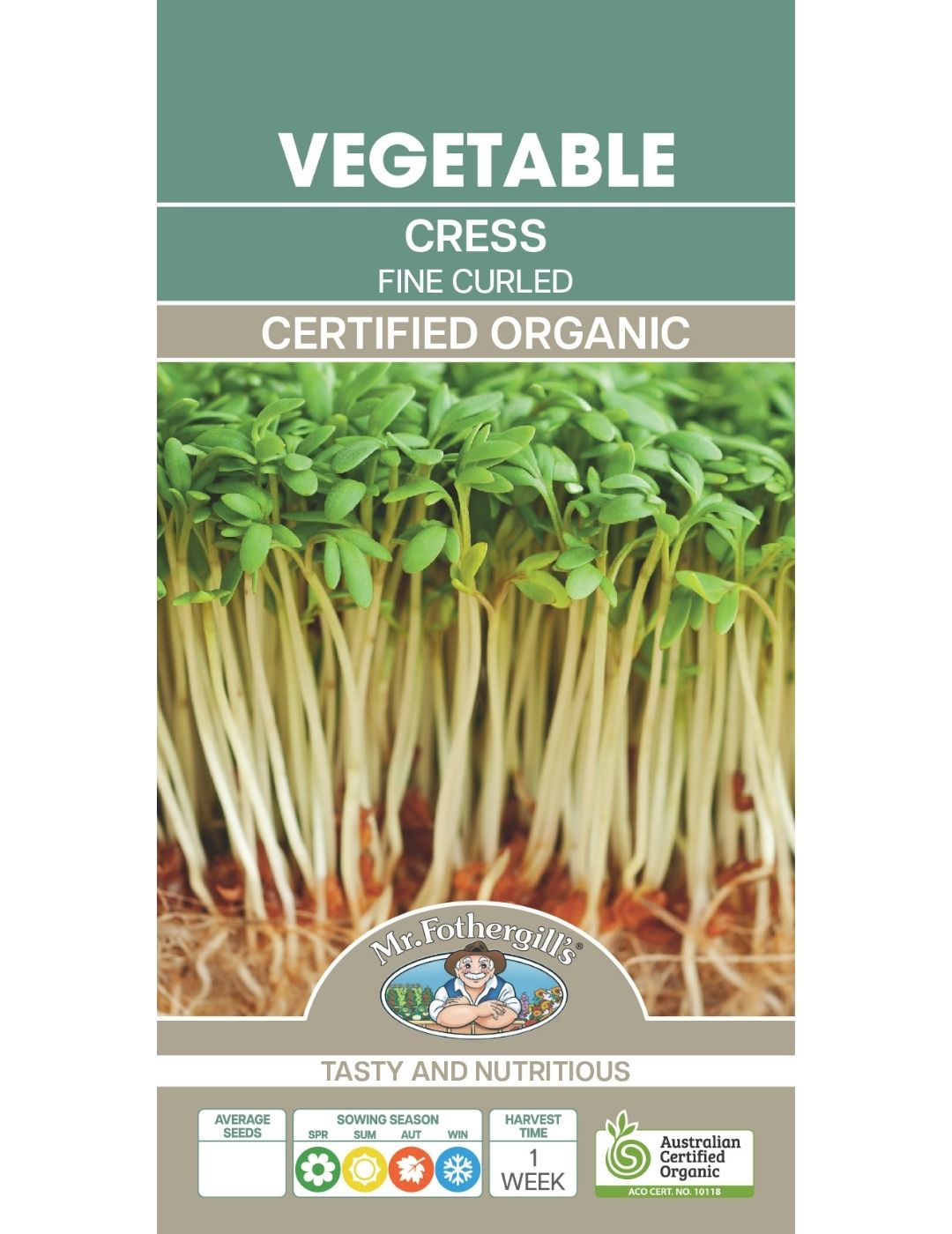
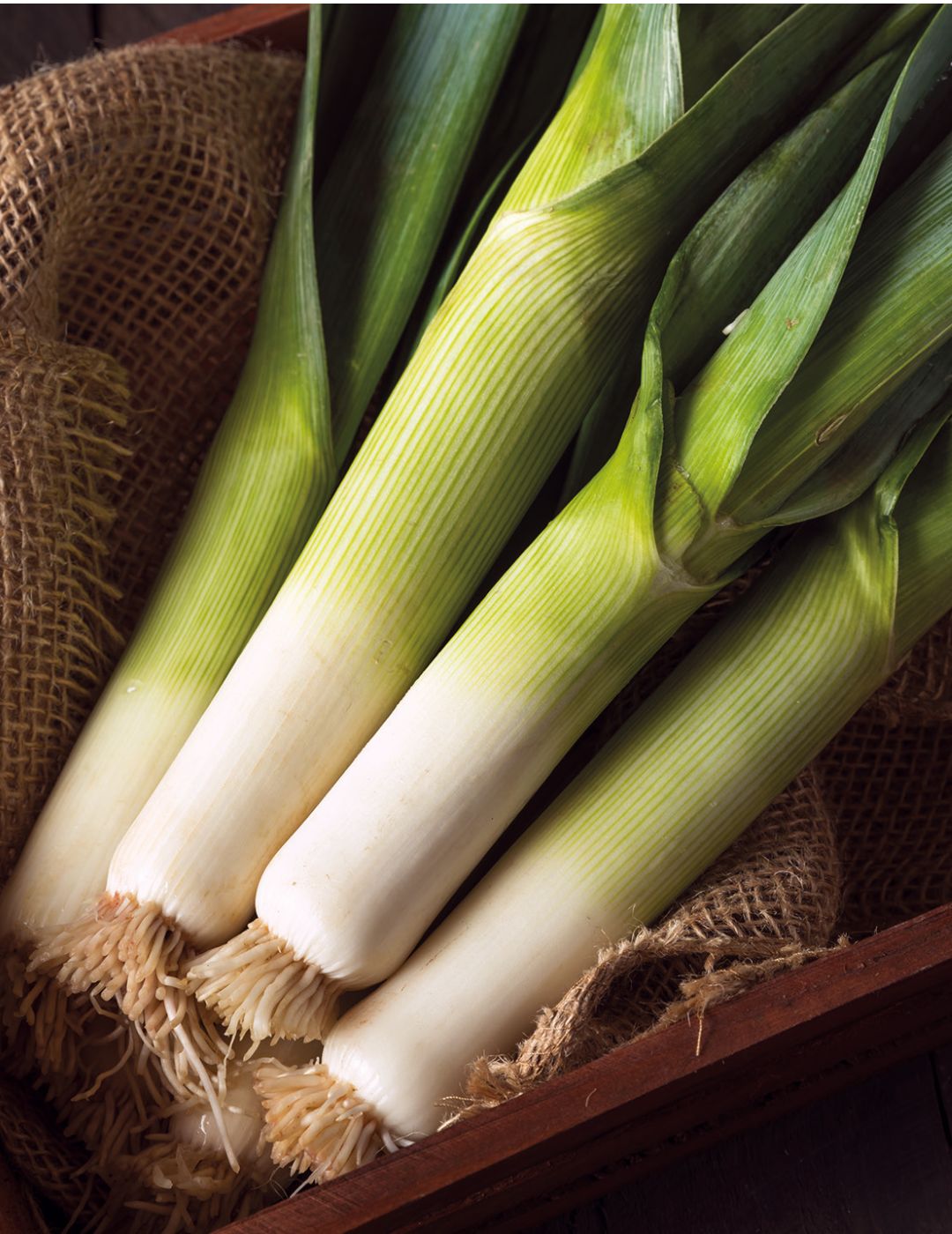
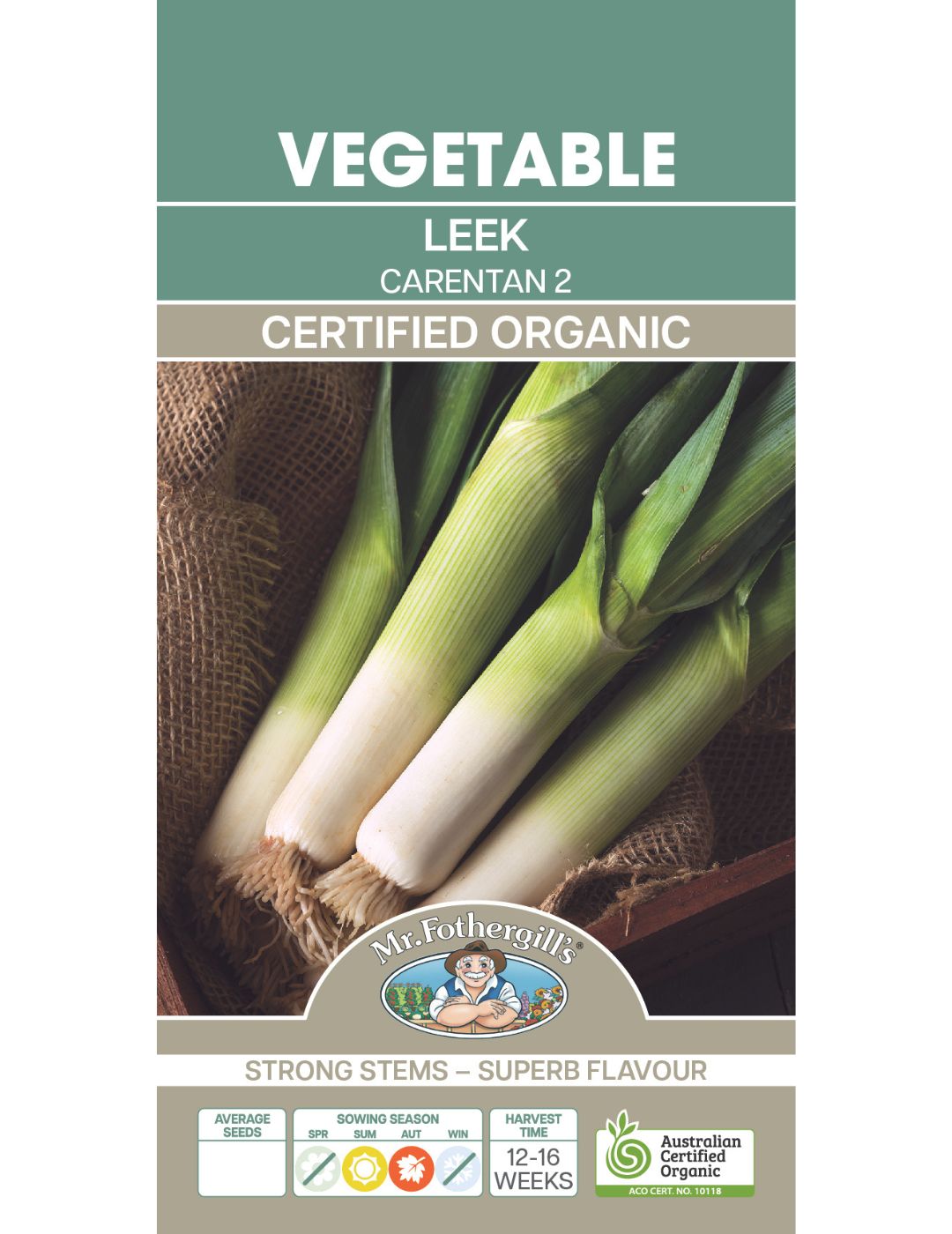
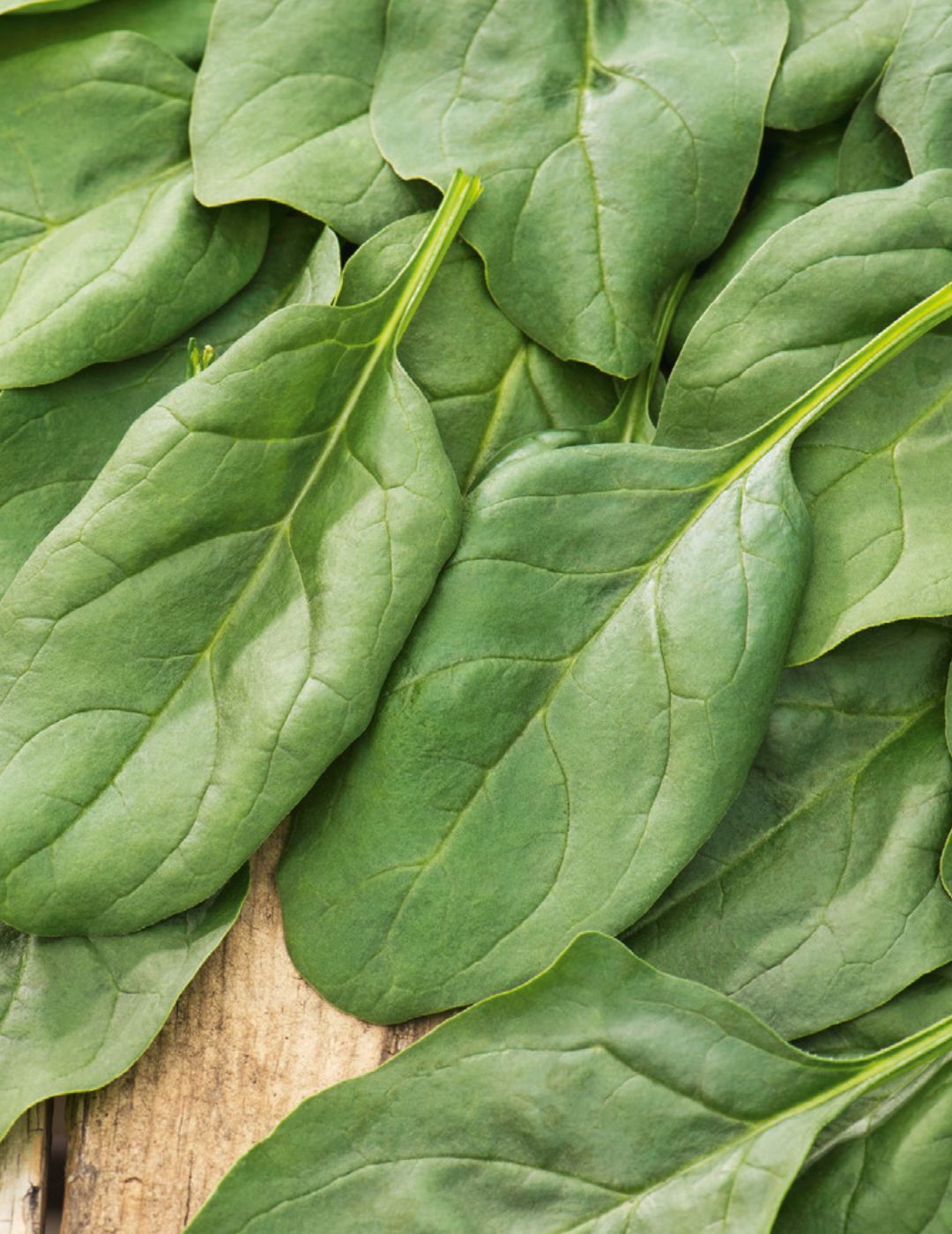
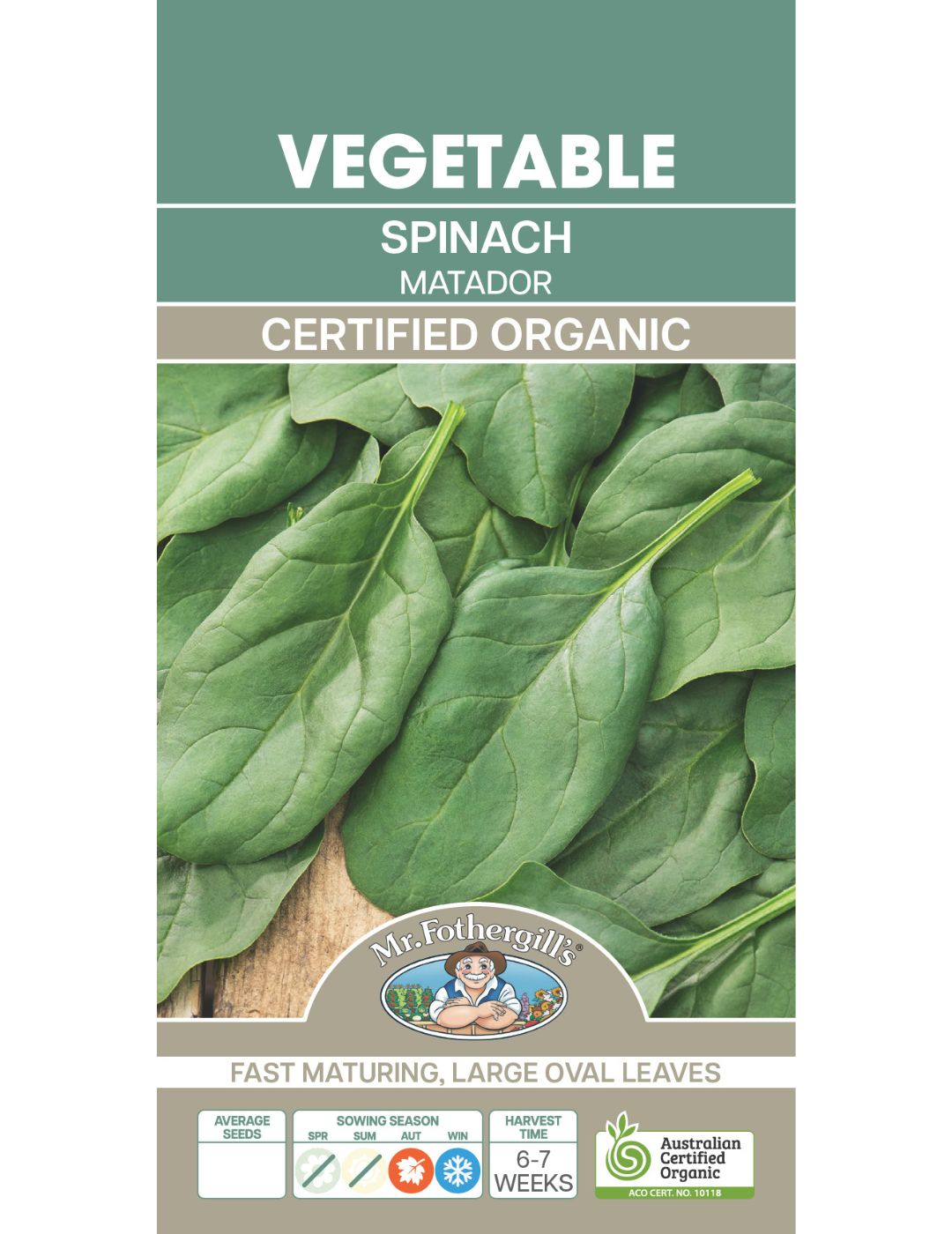
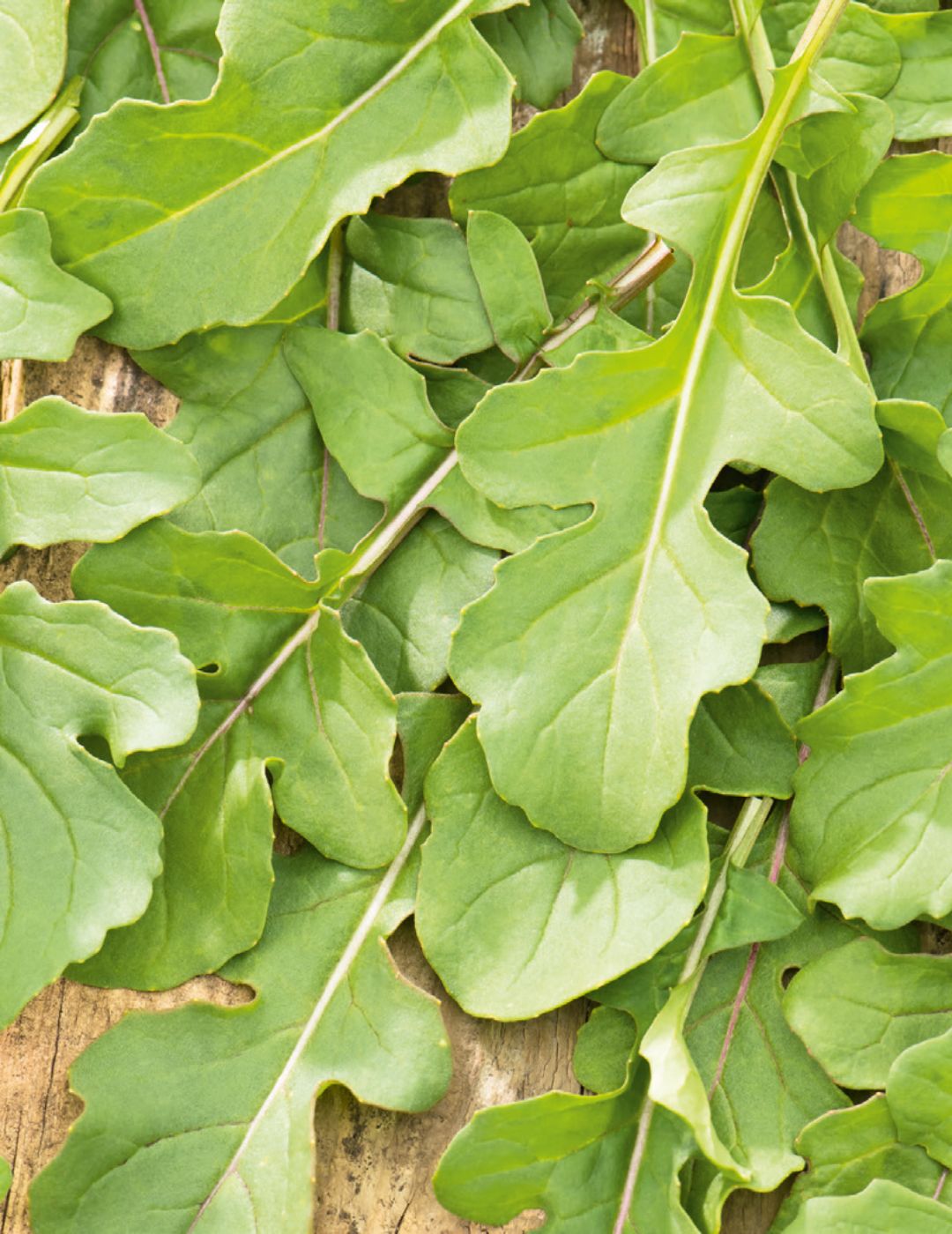
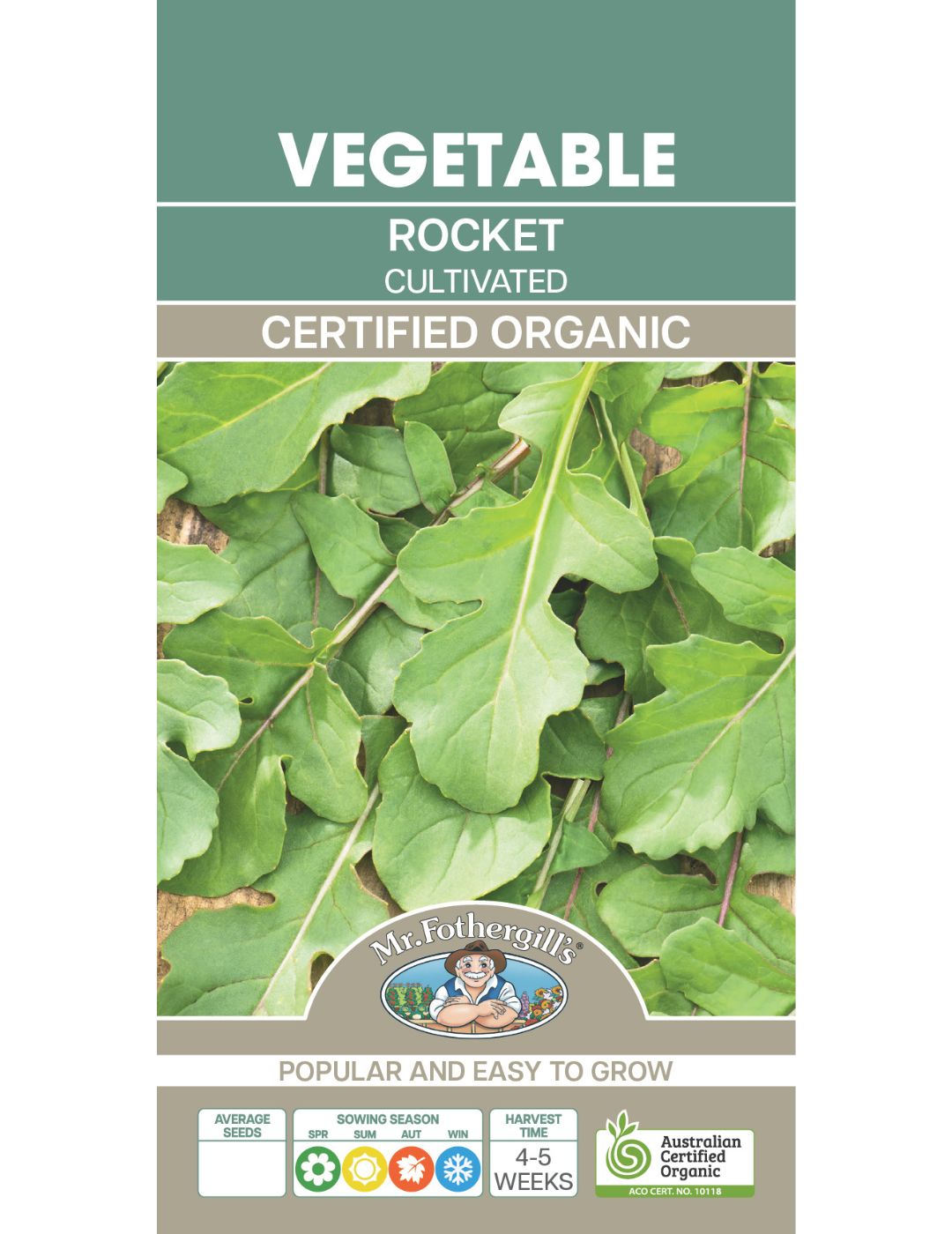
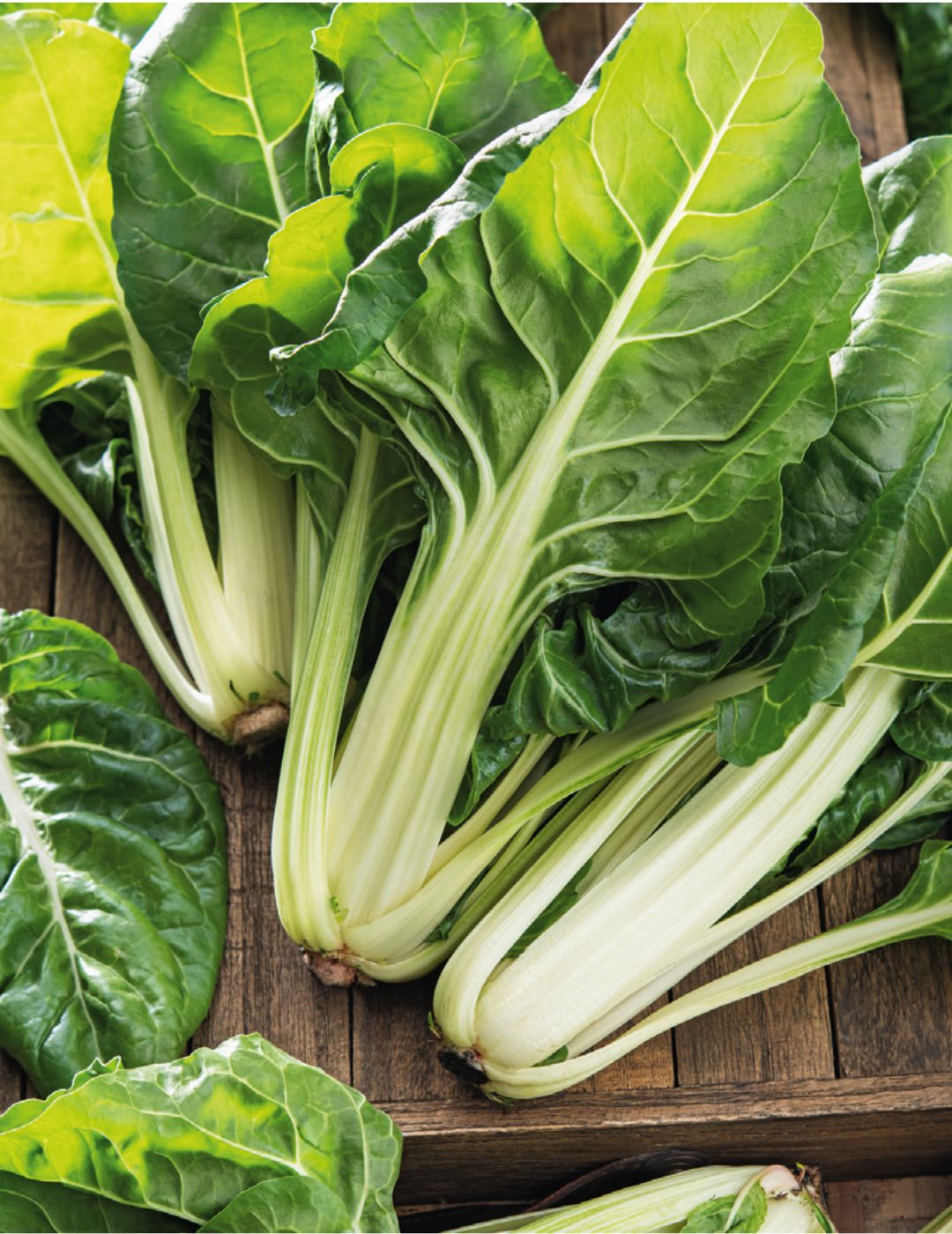
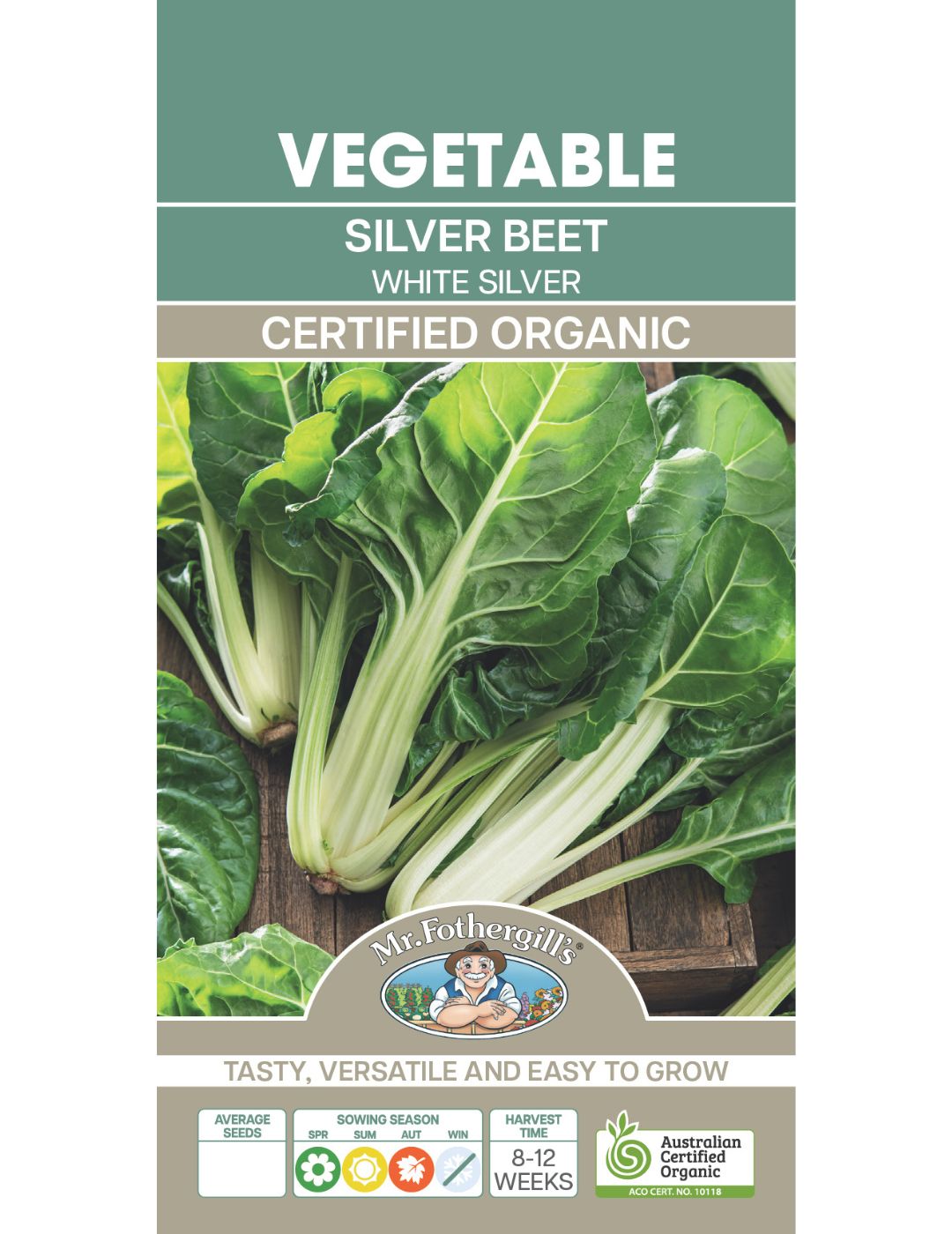
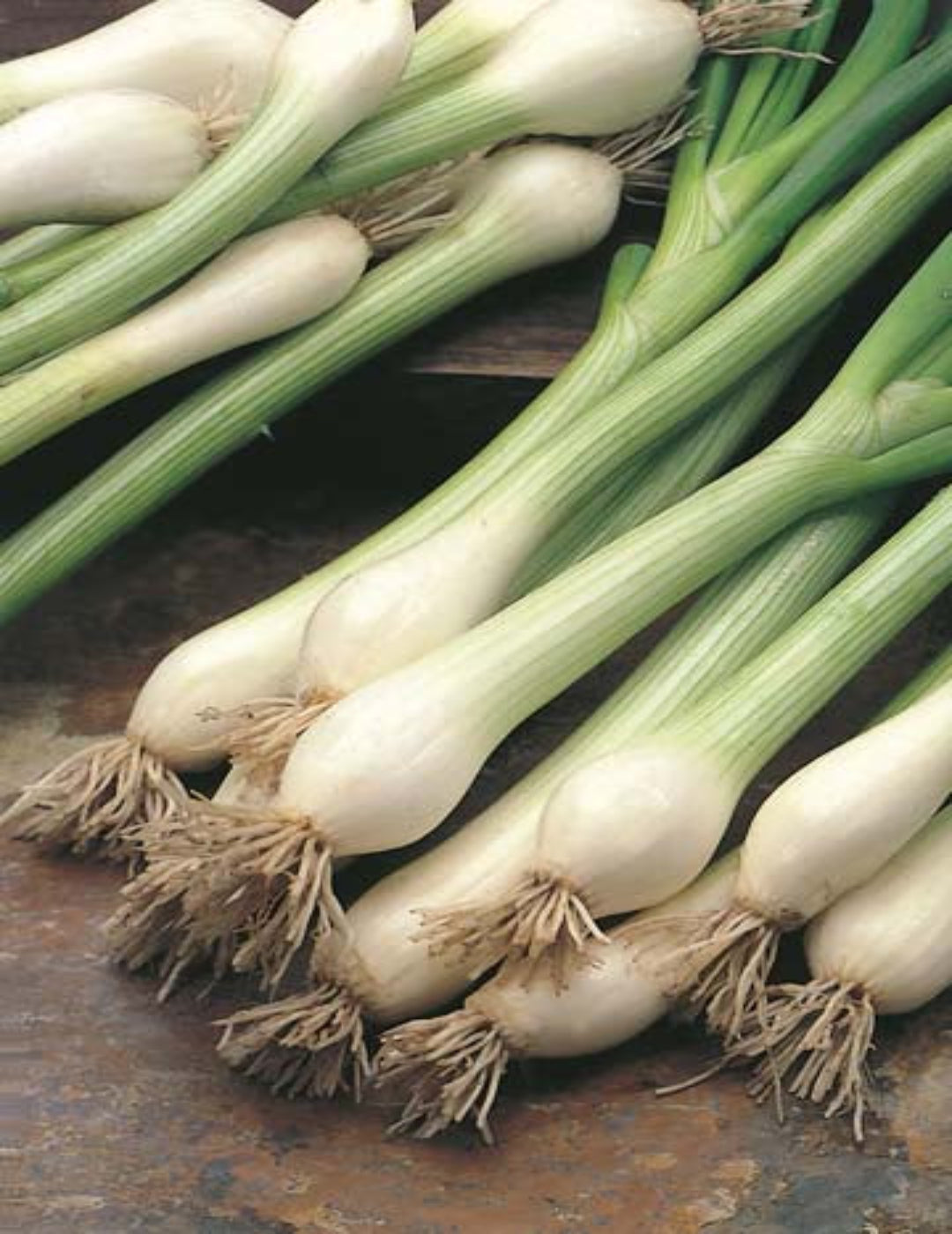
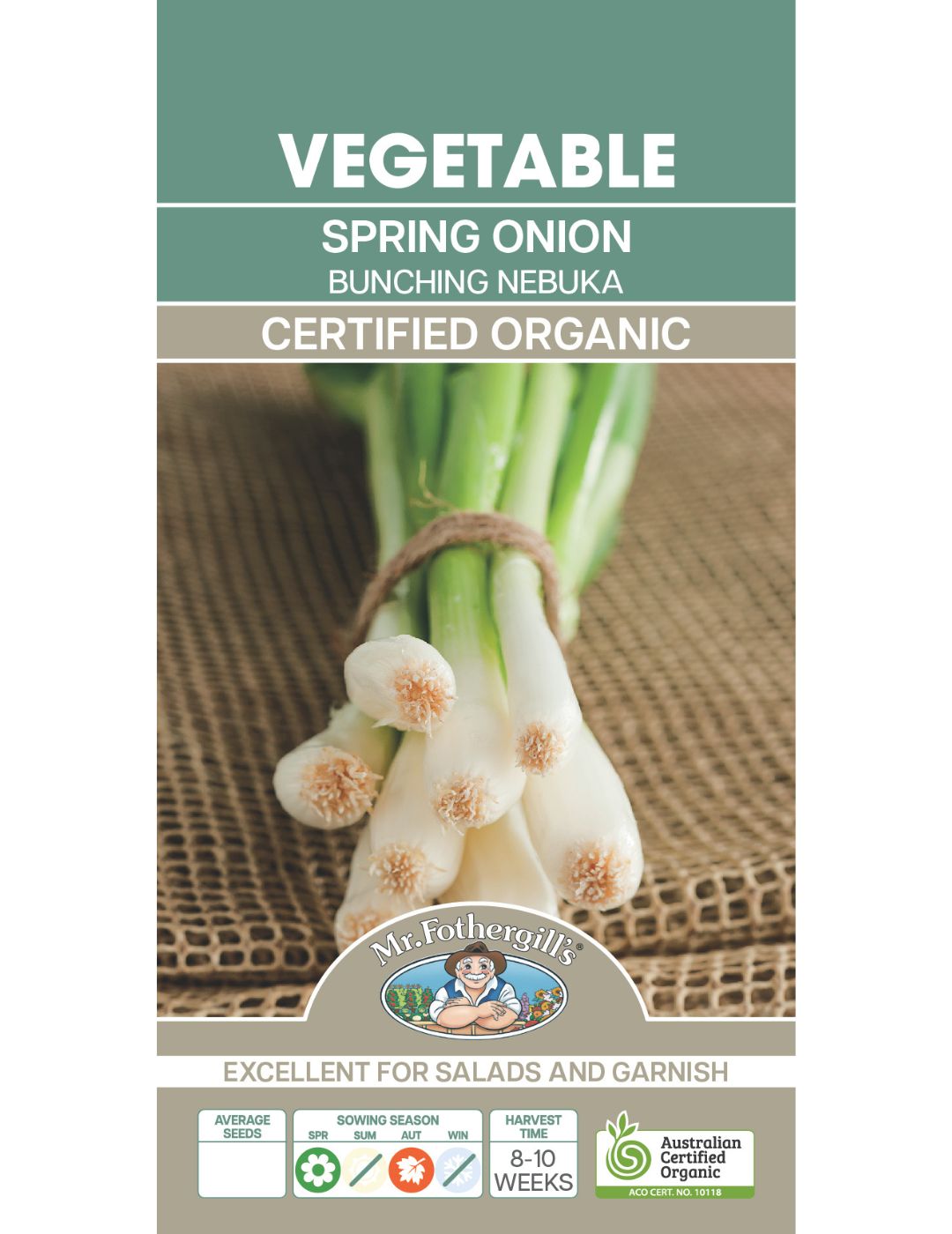
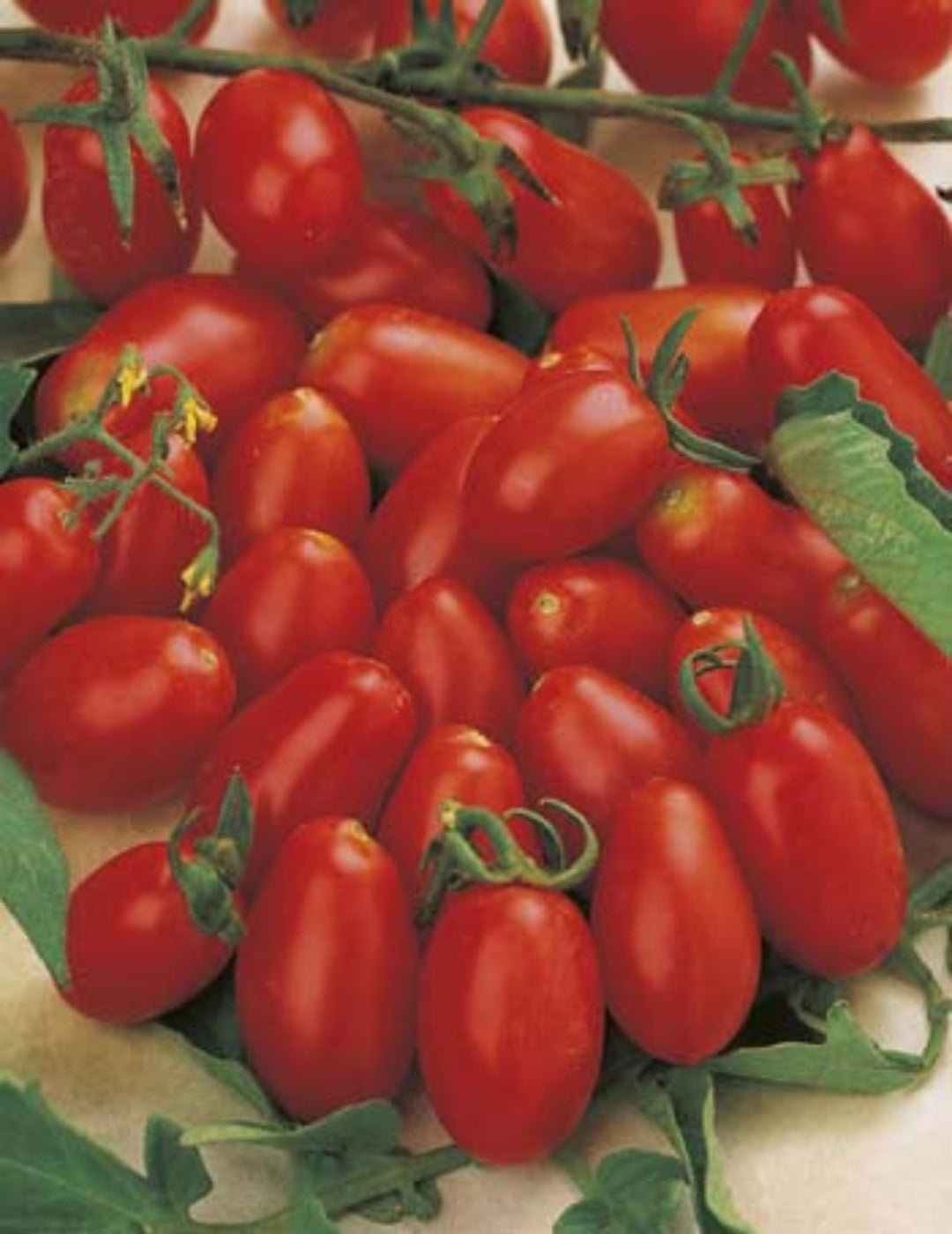
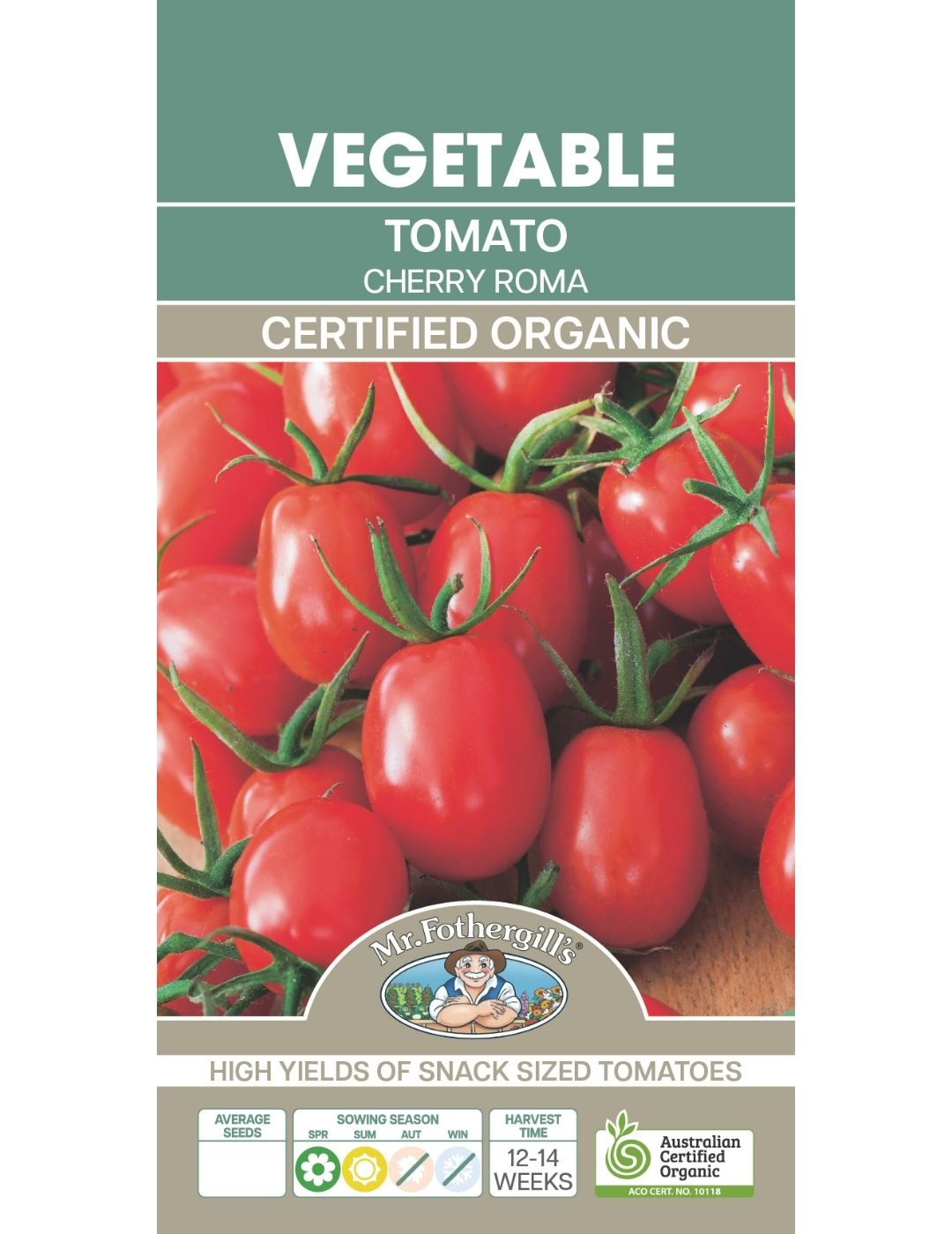
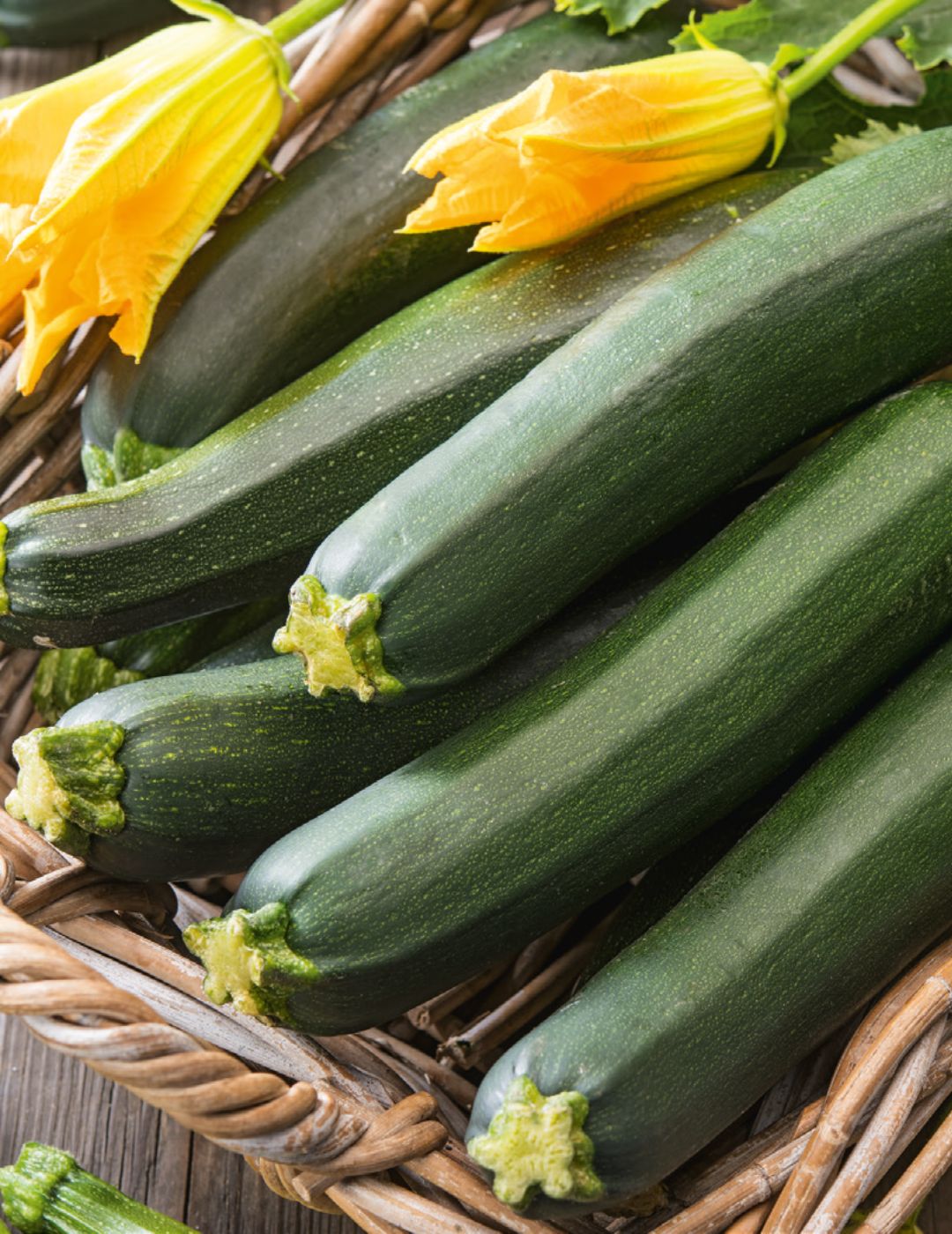
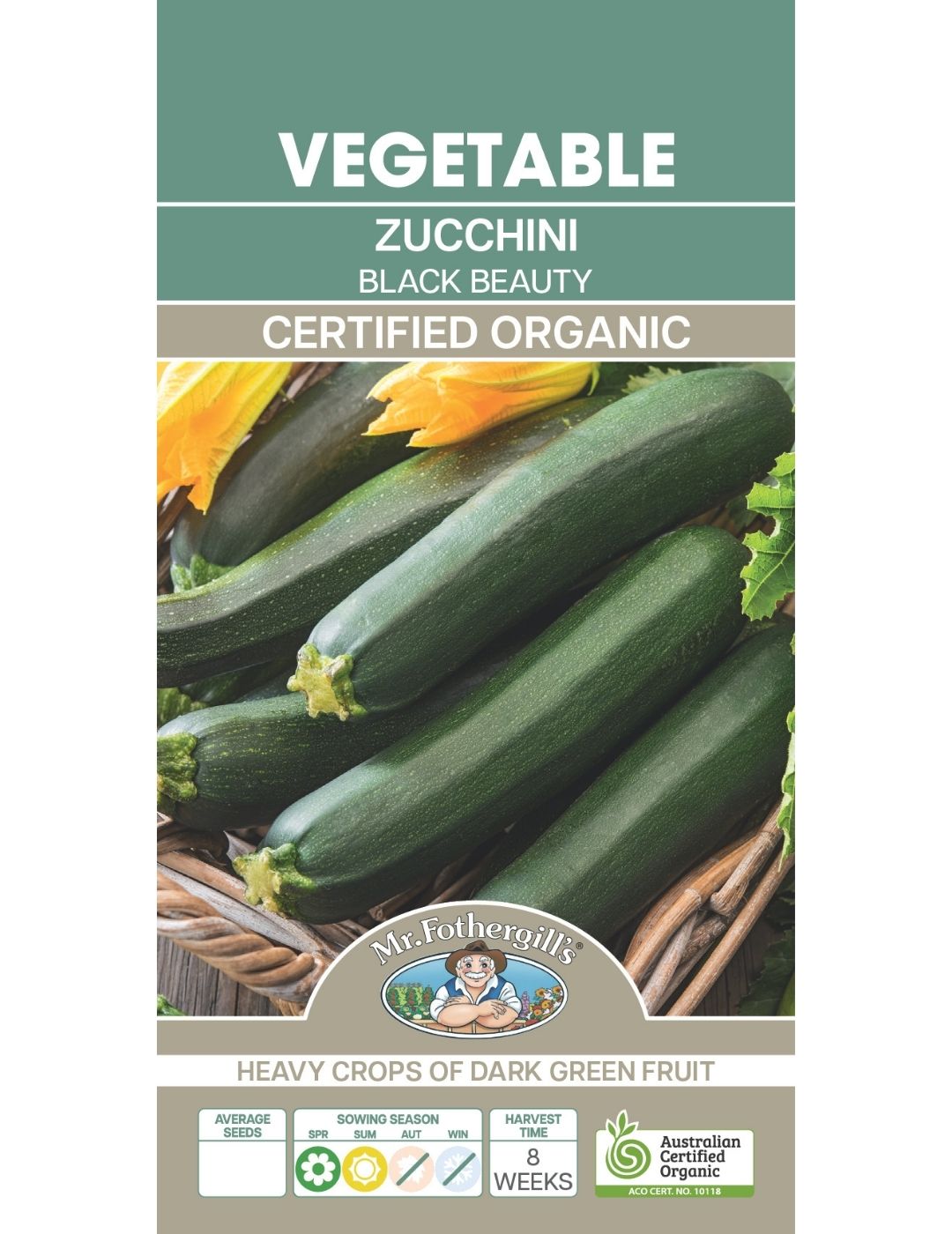





Leave a comment
All comments are moderated before being published.
This site is protected by hCaptcha and the hCaptcha Privacy Policy and Terms of Service apply.